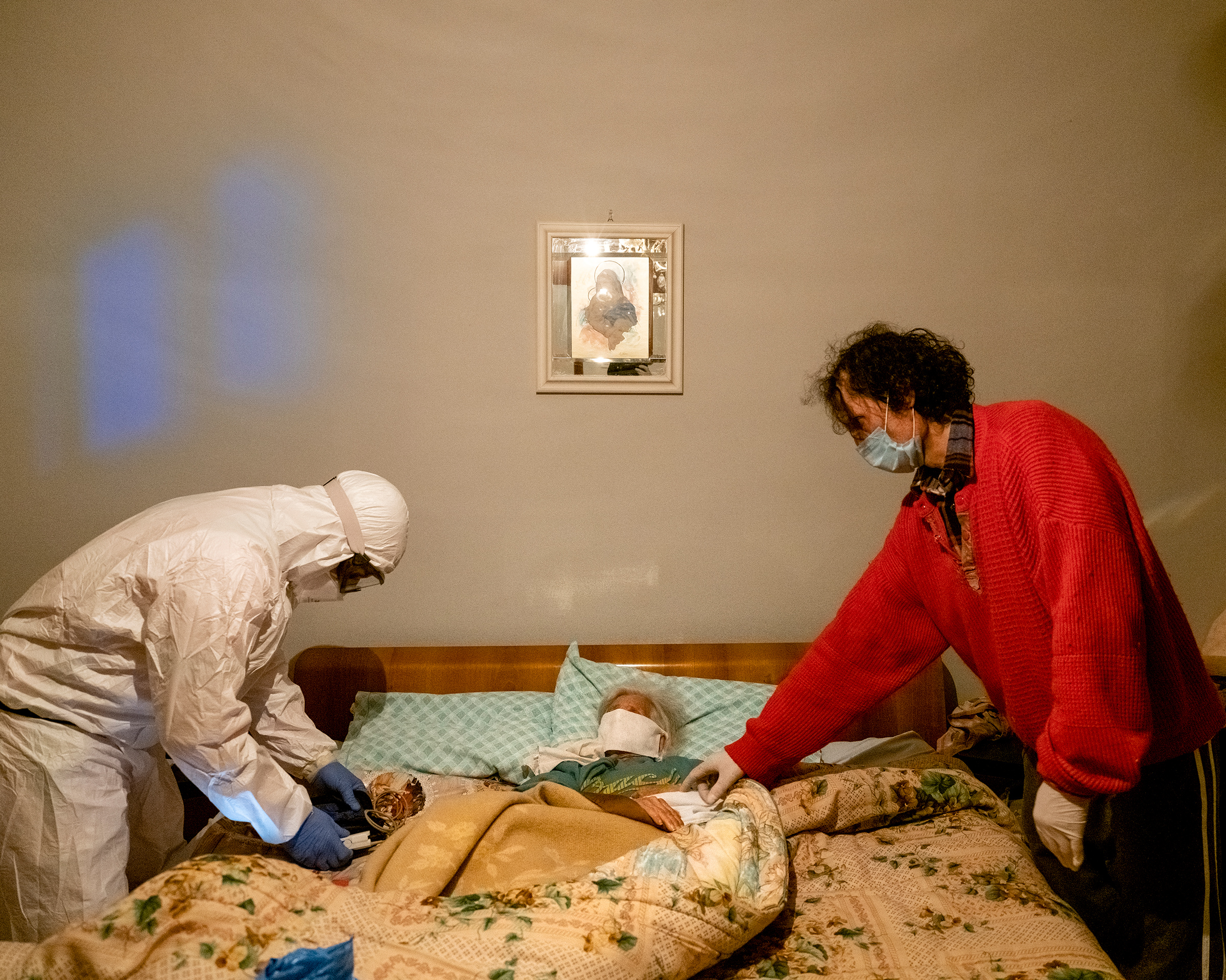It wasn’t long after my arrival at the hospital in Brescia that I smelled something I know too well. I have smelled it many times working as a photojournalist in conflict zones.
I do not actually know if it is the smell of death or the smell of a sterilizing product or something like a mix of both. It is a smell I am not used to when I hear people around me speaking my language, Italian.
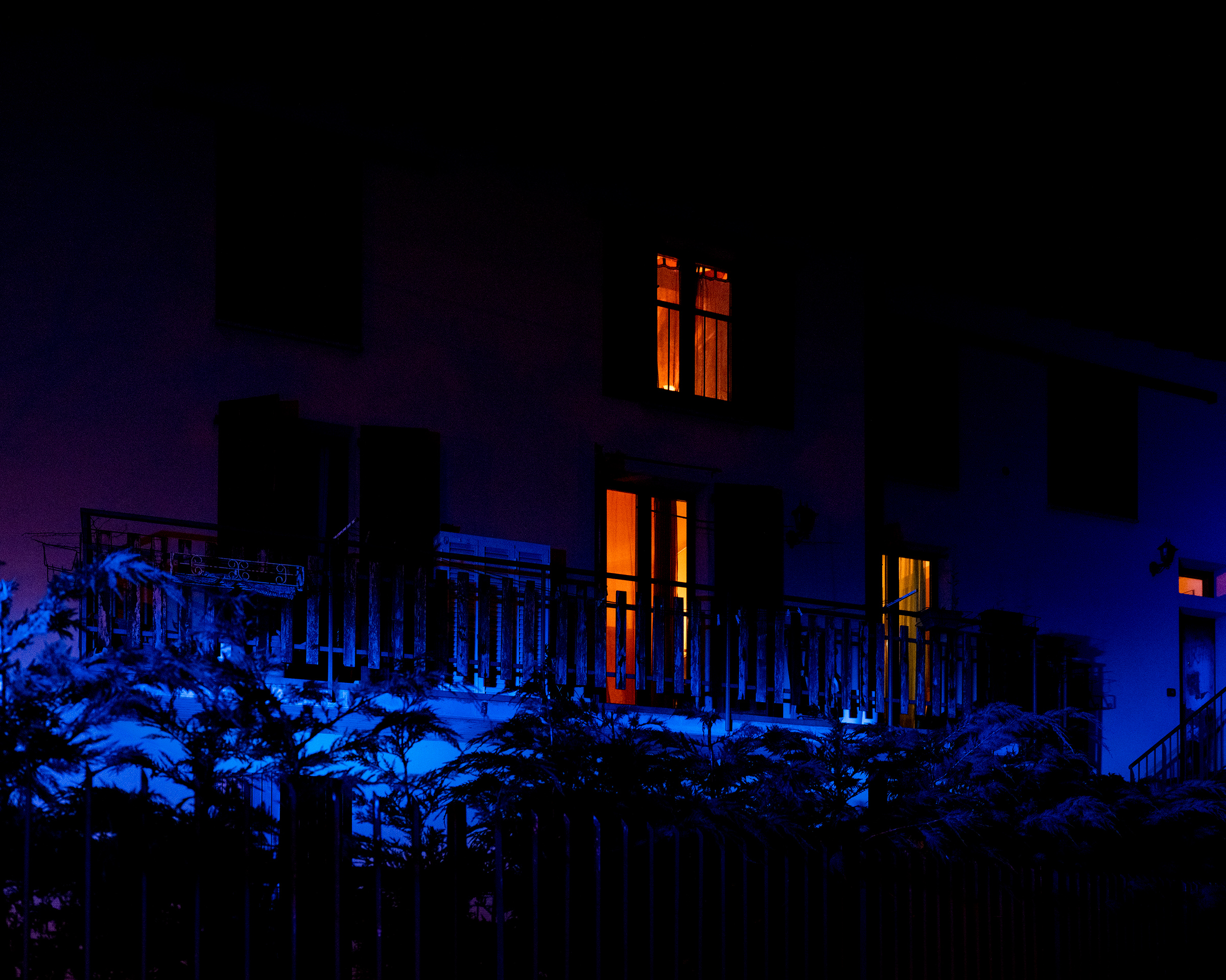
A security guard tells me I am in front of the wrong entrance, then backs away. I am perceived as dangerous: he thinks I am ill and looking to be hospitalized, like the many people who arrive here every day.
From a distance, I cannot hear what he is saying to me behind his mask. Every word is audibly distorted beyond recognition.
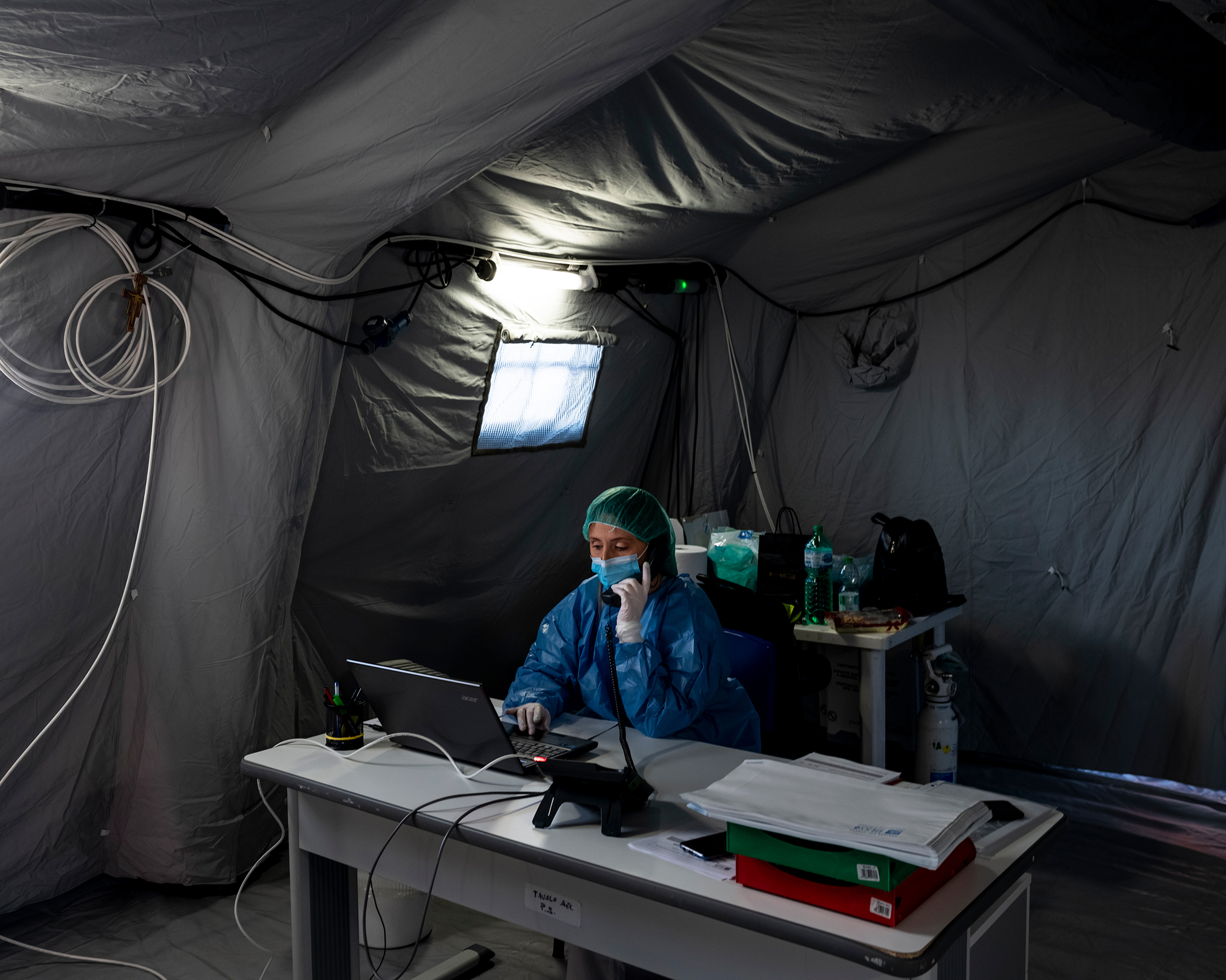
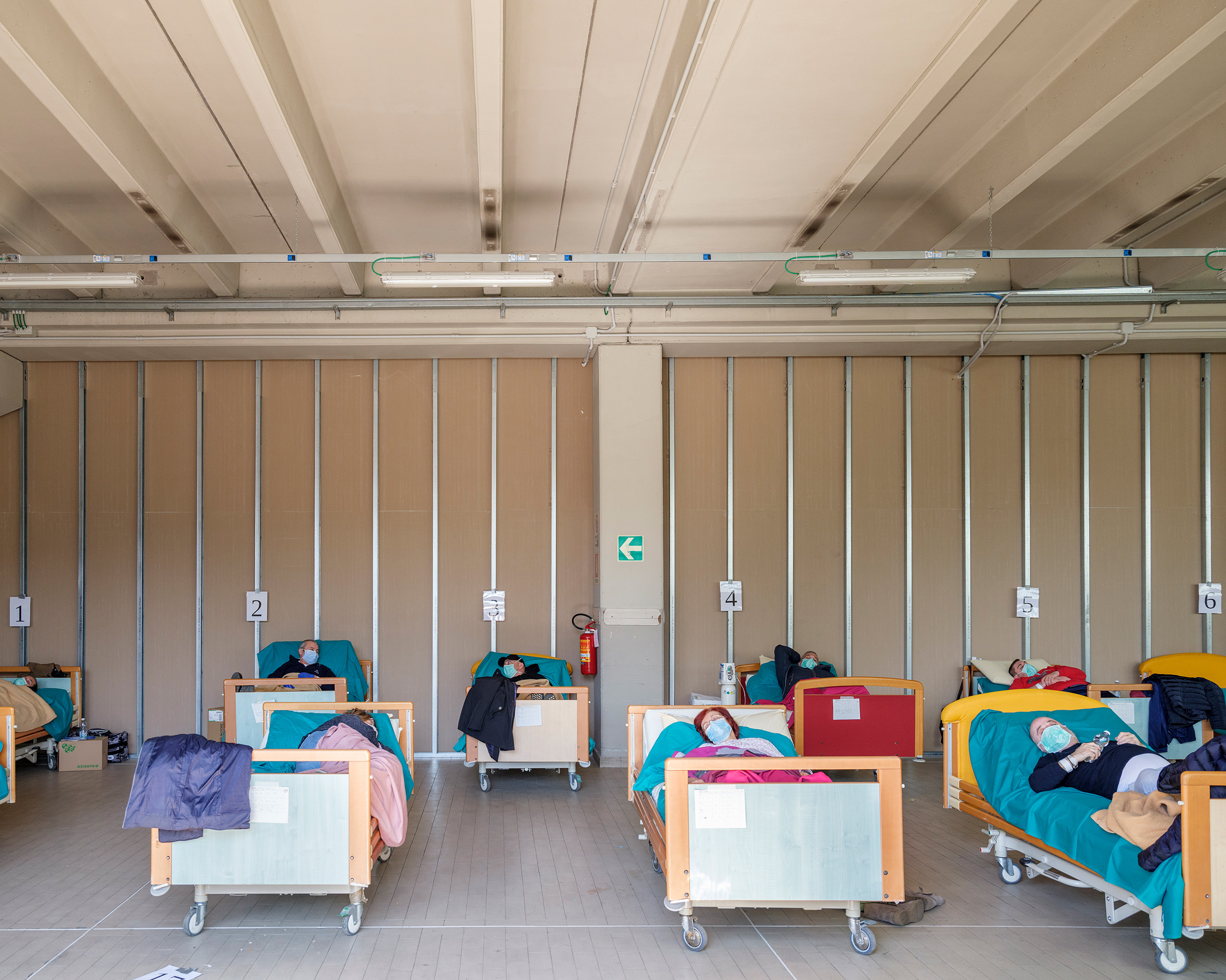
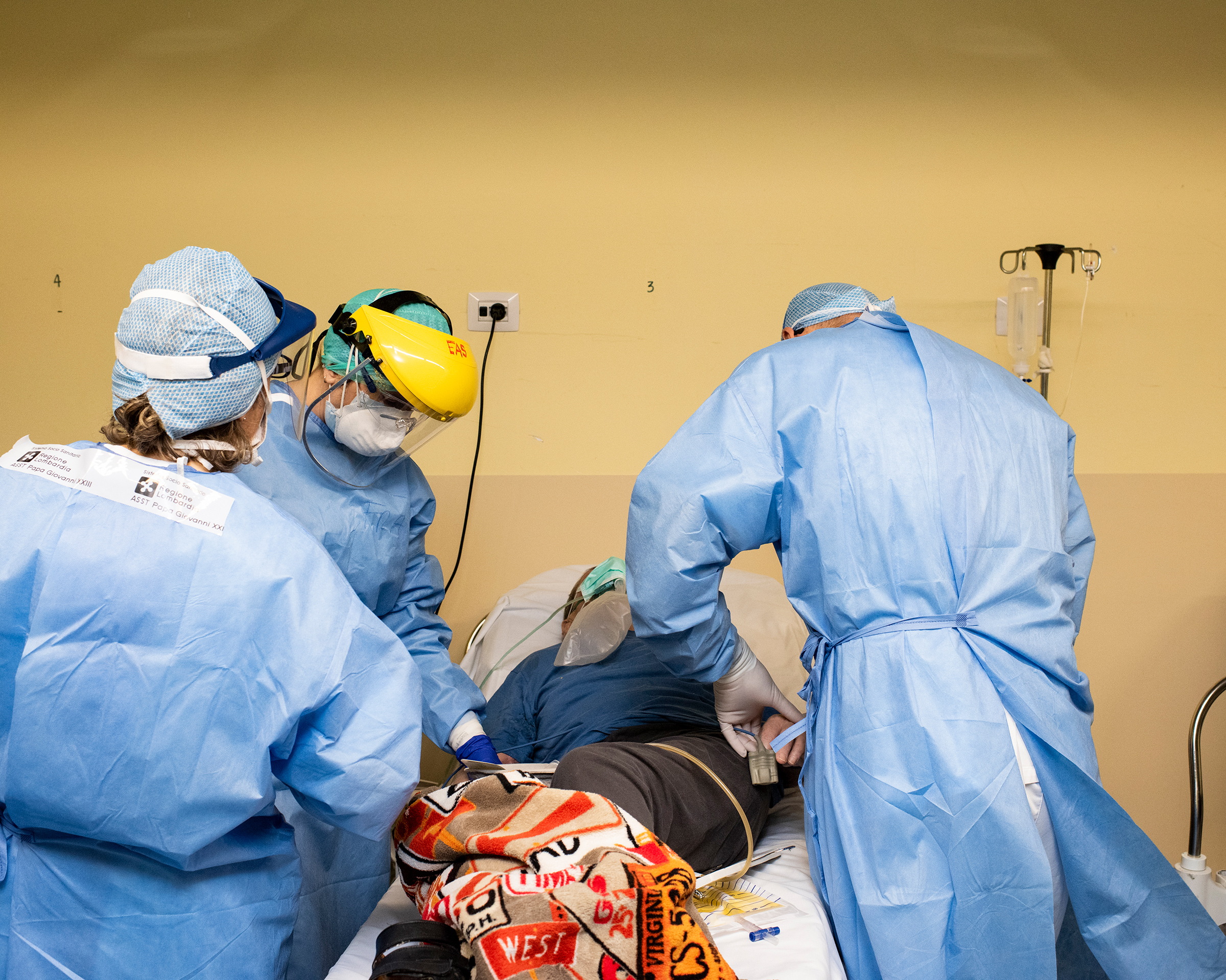
When I am no longer considered a threat, I am taken to a room with about 20 beds. I am wearing a cap, protective coveralls and glasses, and shoe coverings. I hear a sibilant whirring sound. It is the oxygen, they tell me.
Each of the patients’ heads looks as though it is enclosed in a glass ball. I cannot tell if these people are conscious, until a man instinctively tries to touch his face but is unable to do so.
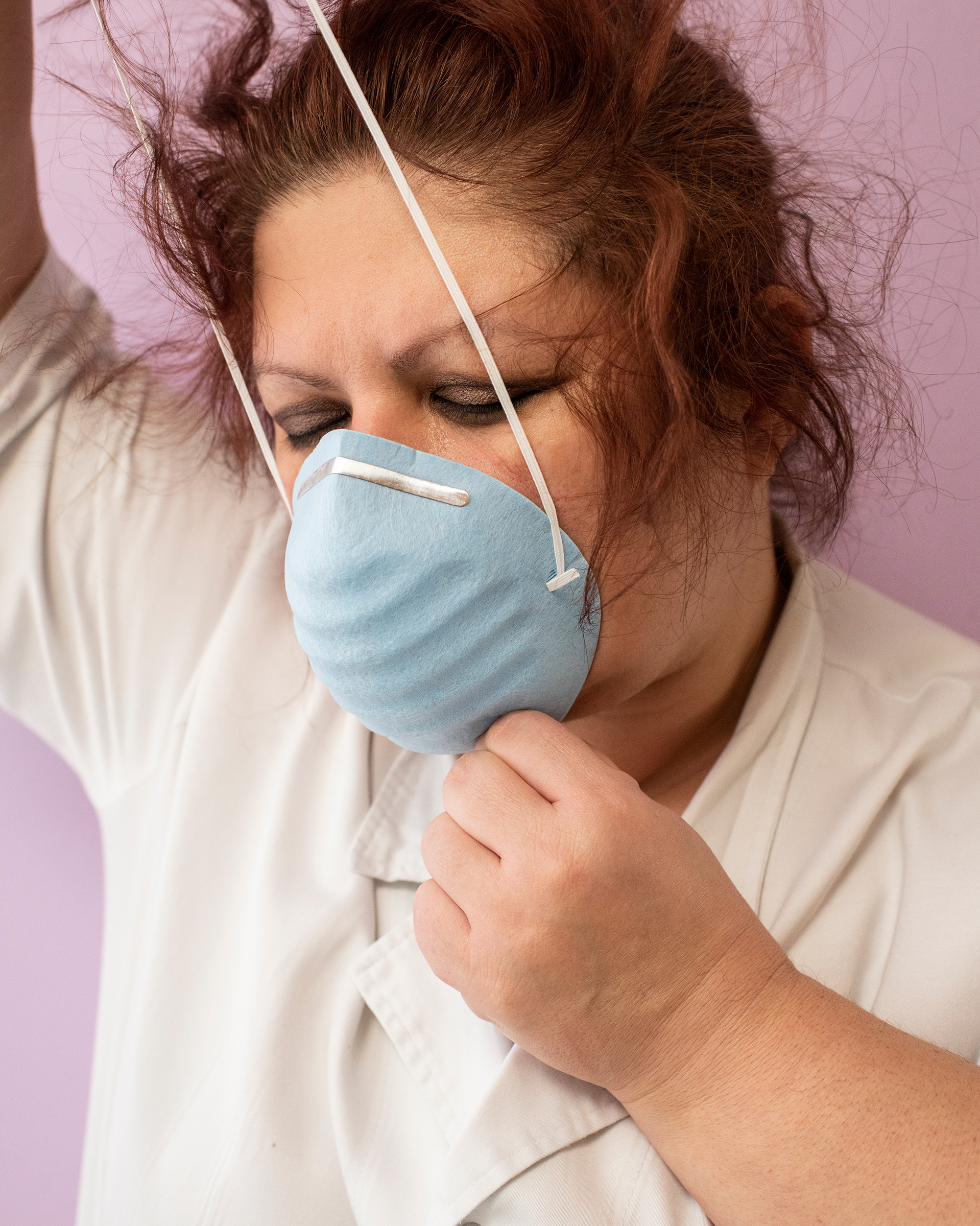
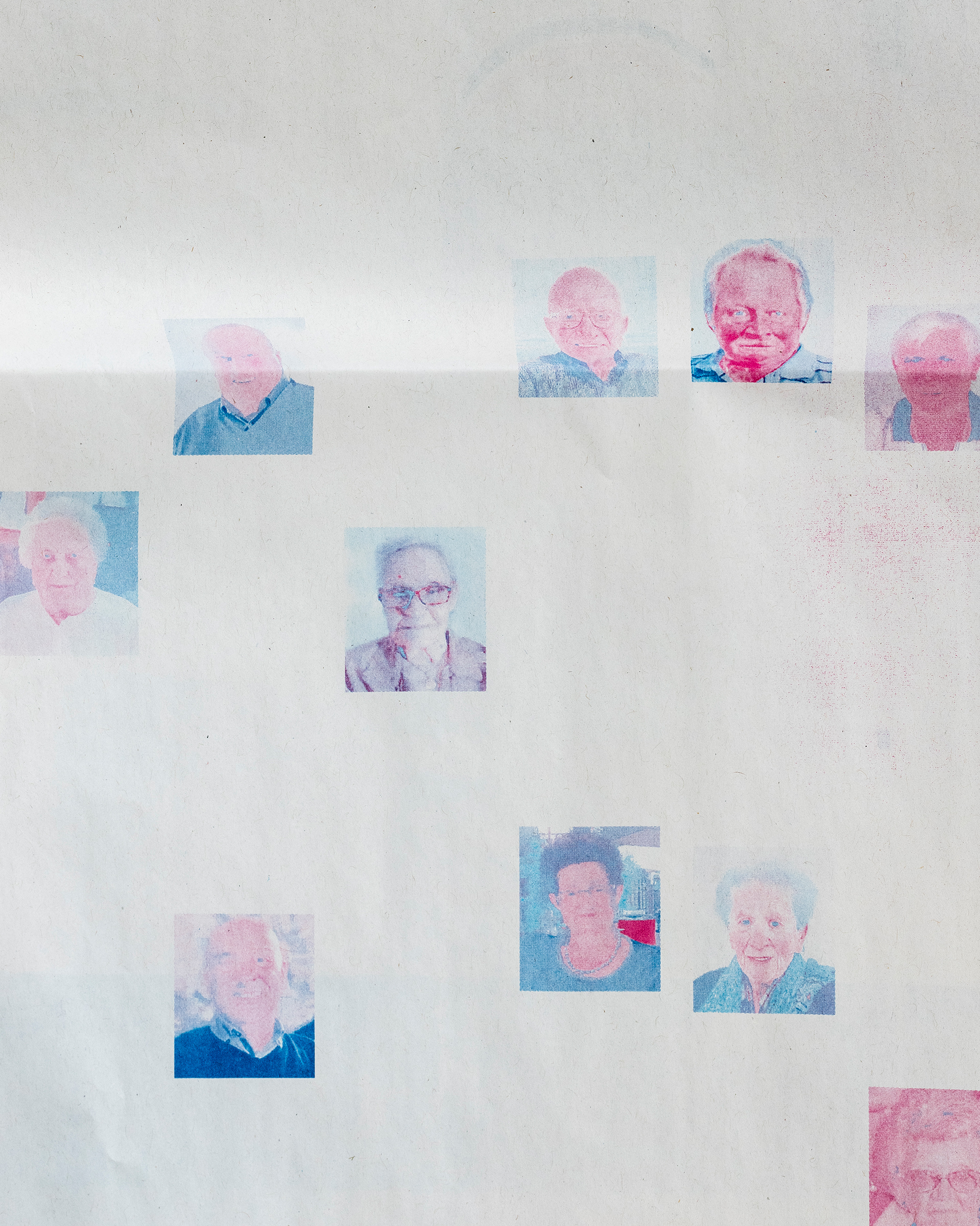
Above the beds, you can see their names and dates of birth. Often, it seemed as if the eldest of our country were being targeted by the coronavirus. But here is a man my age, 37. I am not immune.
I look around to take some pictures, but there is nothing I want to capture. I do so anyway, to try and justify my presence in this place to others. To justify it to myself. I want to believe that it is important for history. But what history will this story teach us?
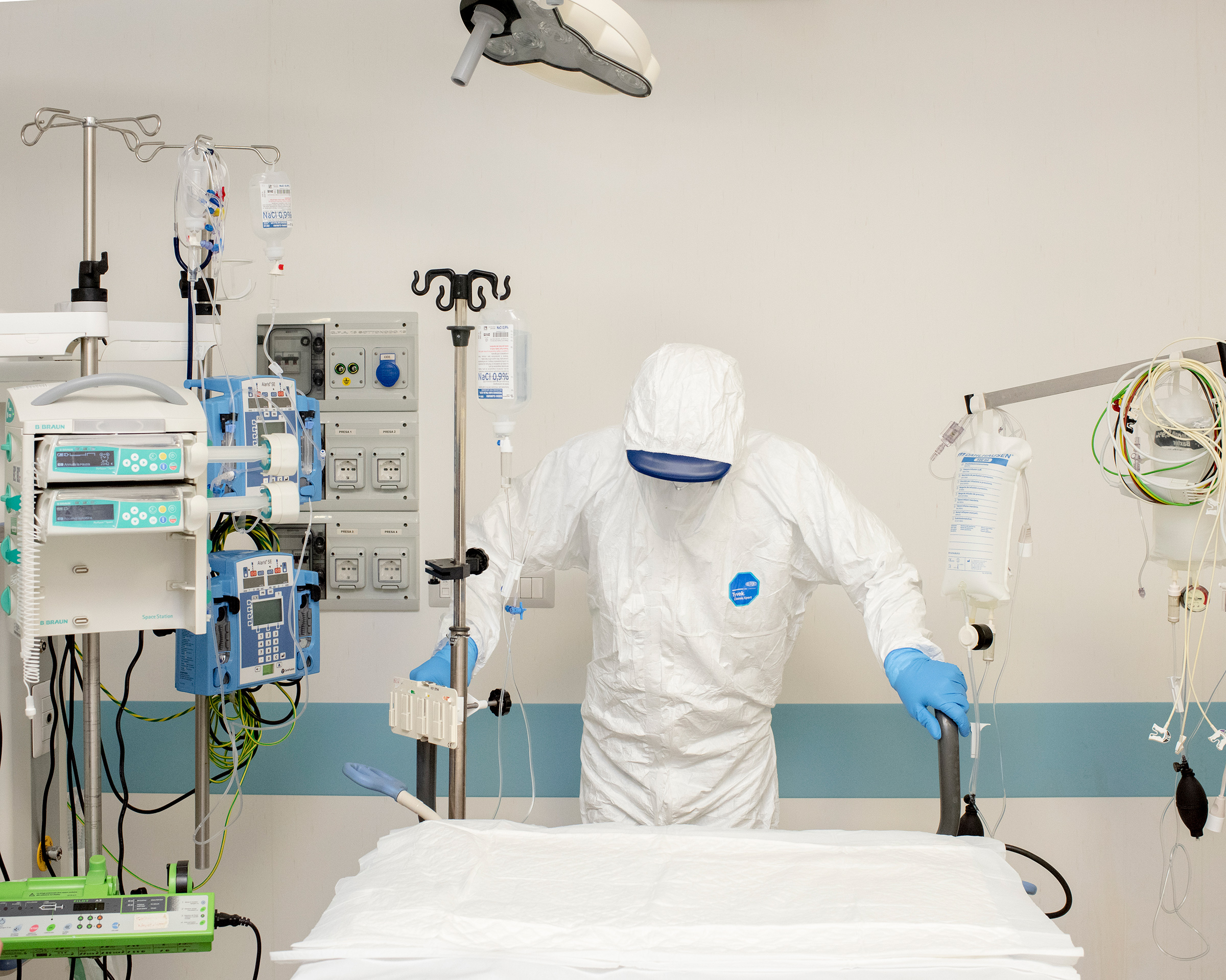
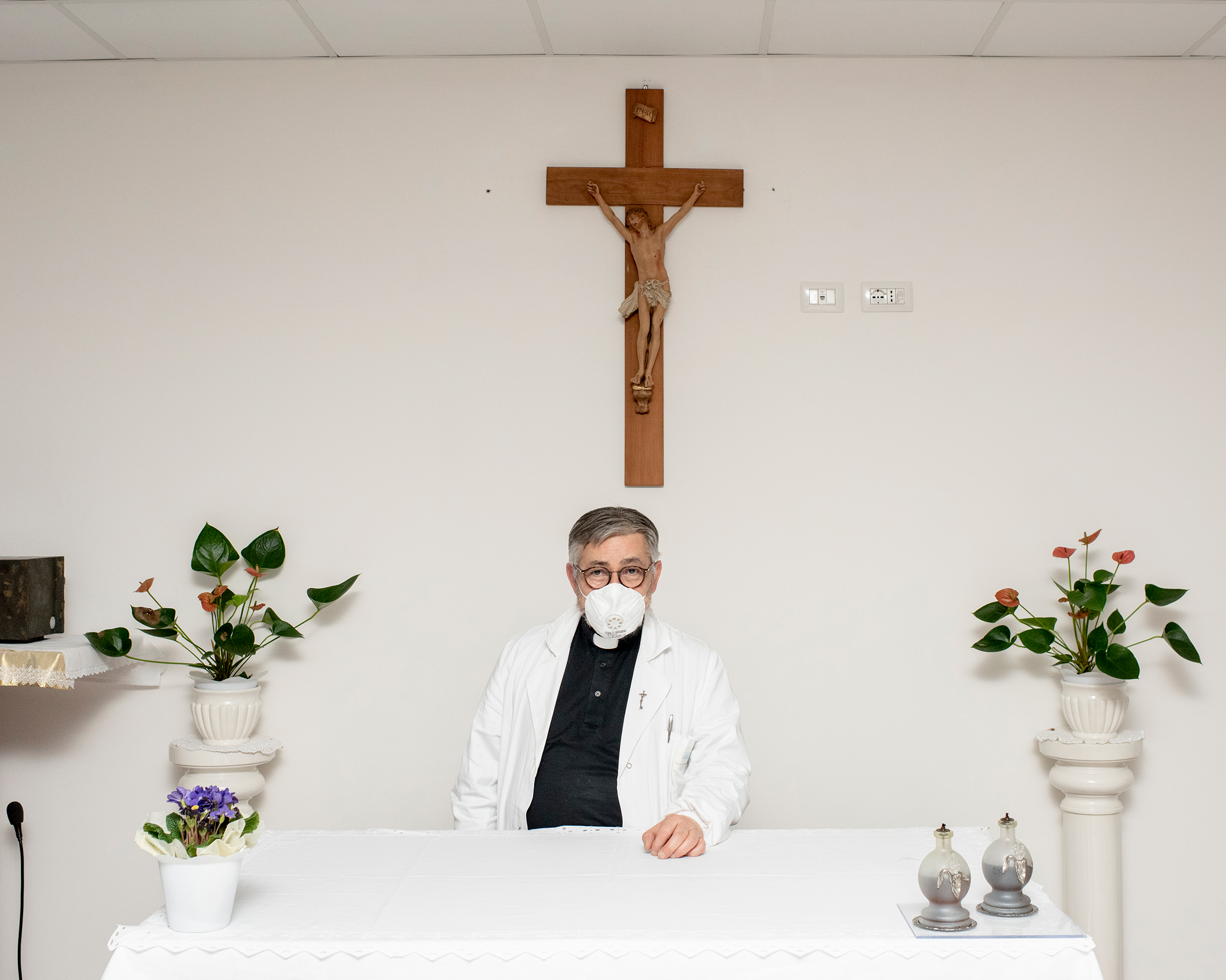
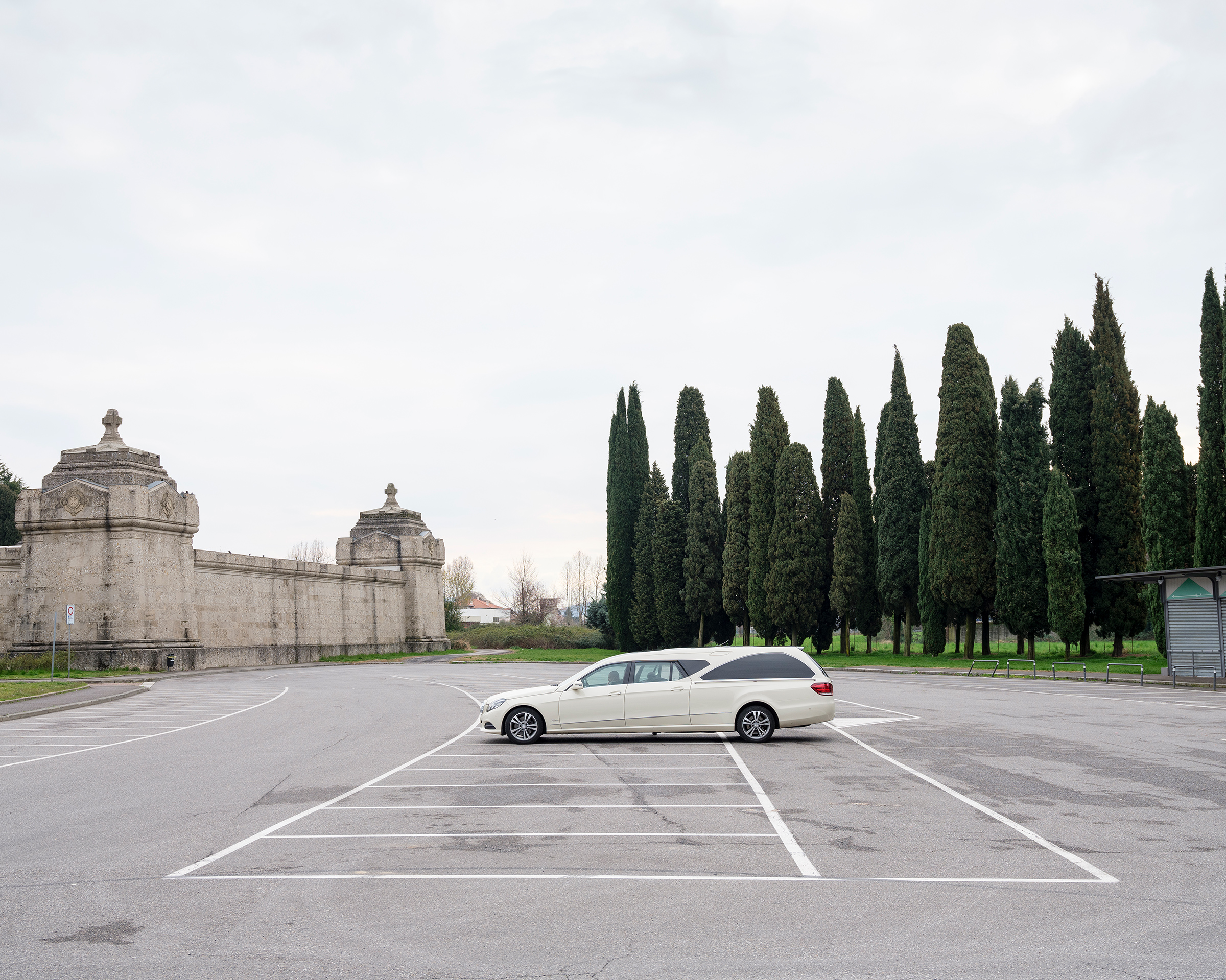
I did not think much about the virus emerging in China when I heard about it in January. It was only after it had spread to Italy, and the northern region of Lombardy became the European epicenter, that I realized how protected we can feel in our small bubble — and what happens when that protection shatters.
The pandemic shows us that all of us are closer and more connected than we think.
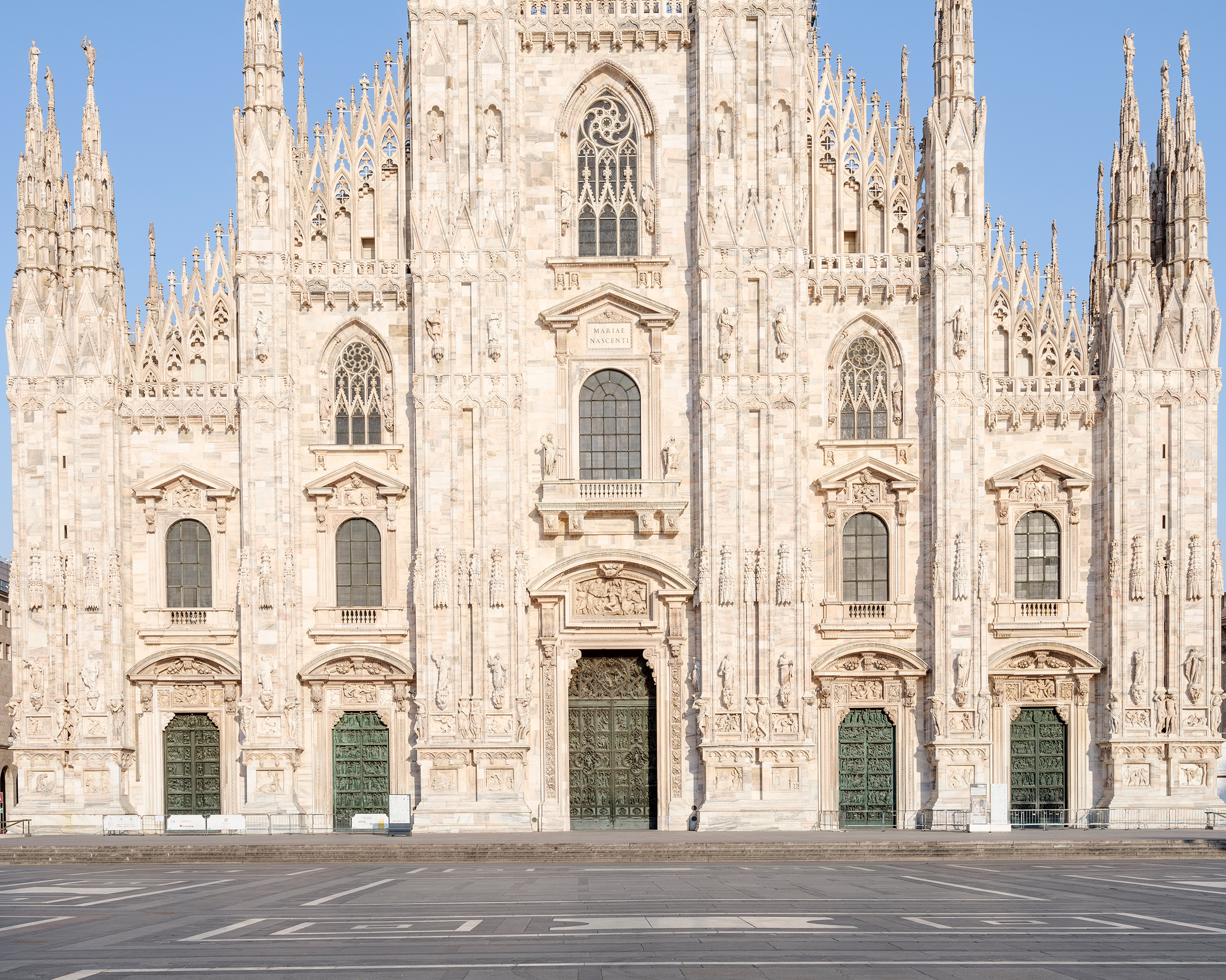
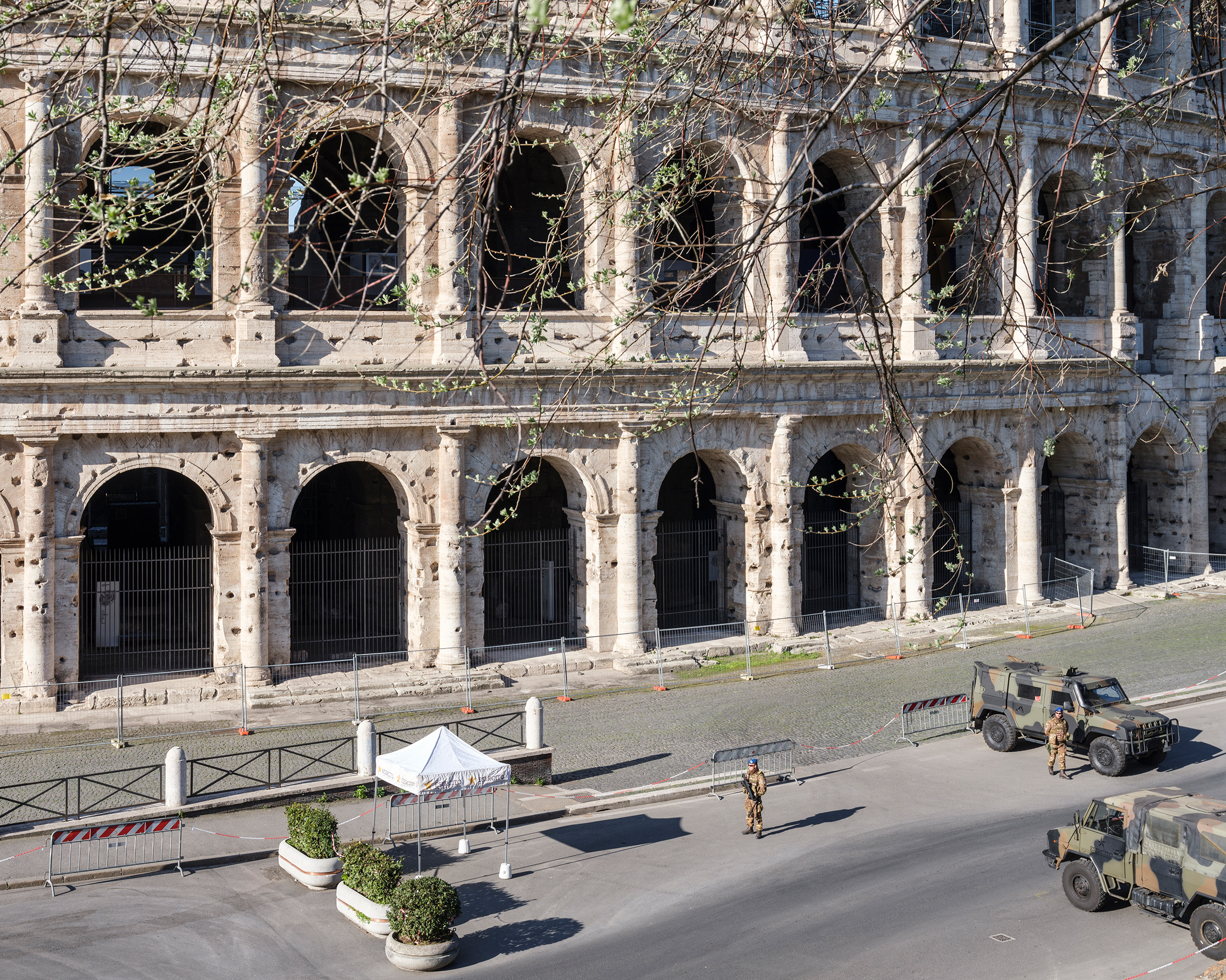
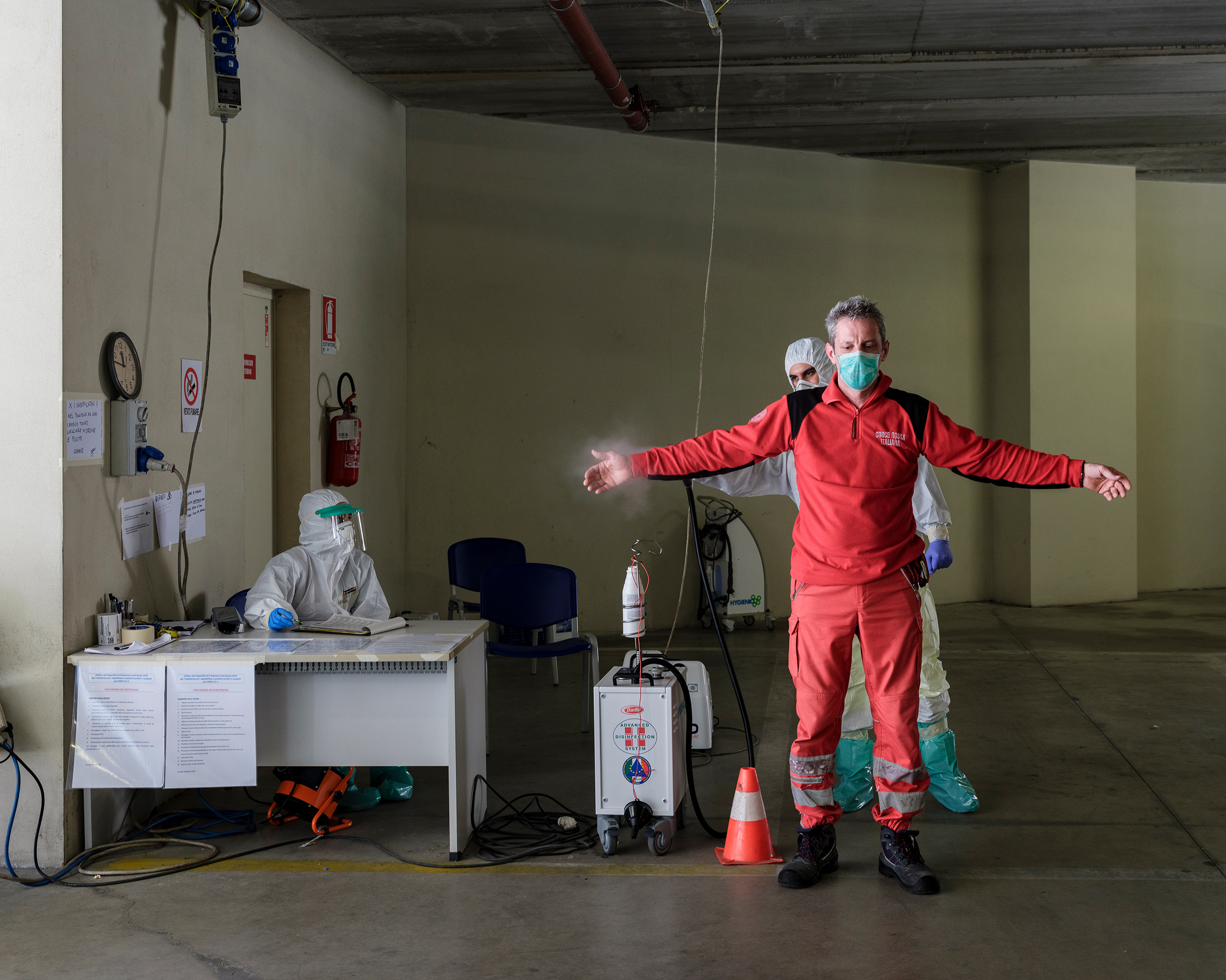
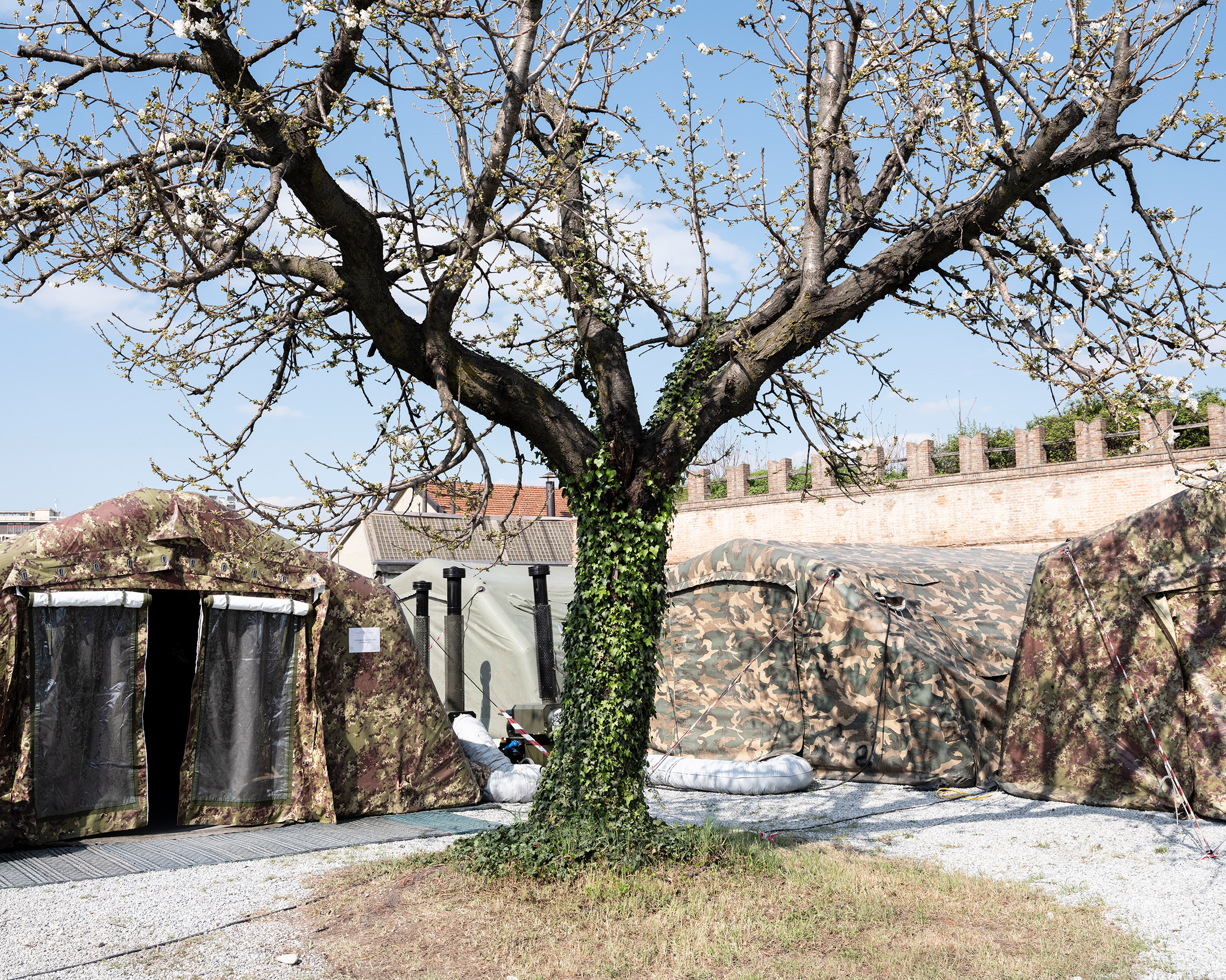
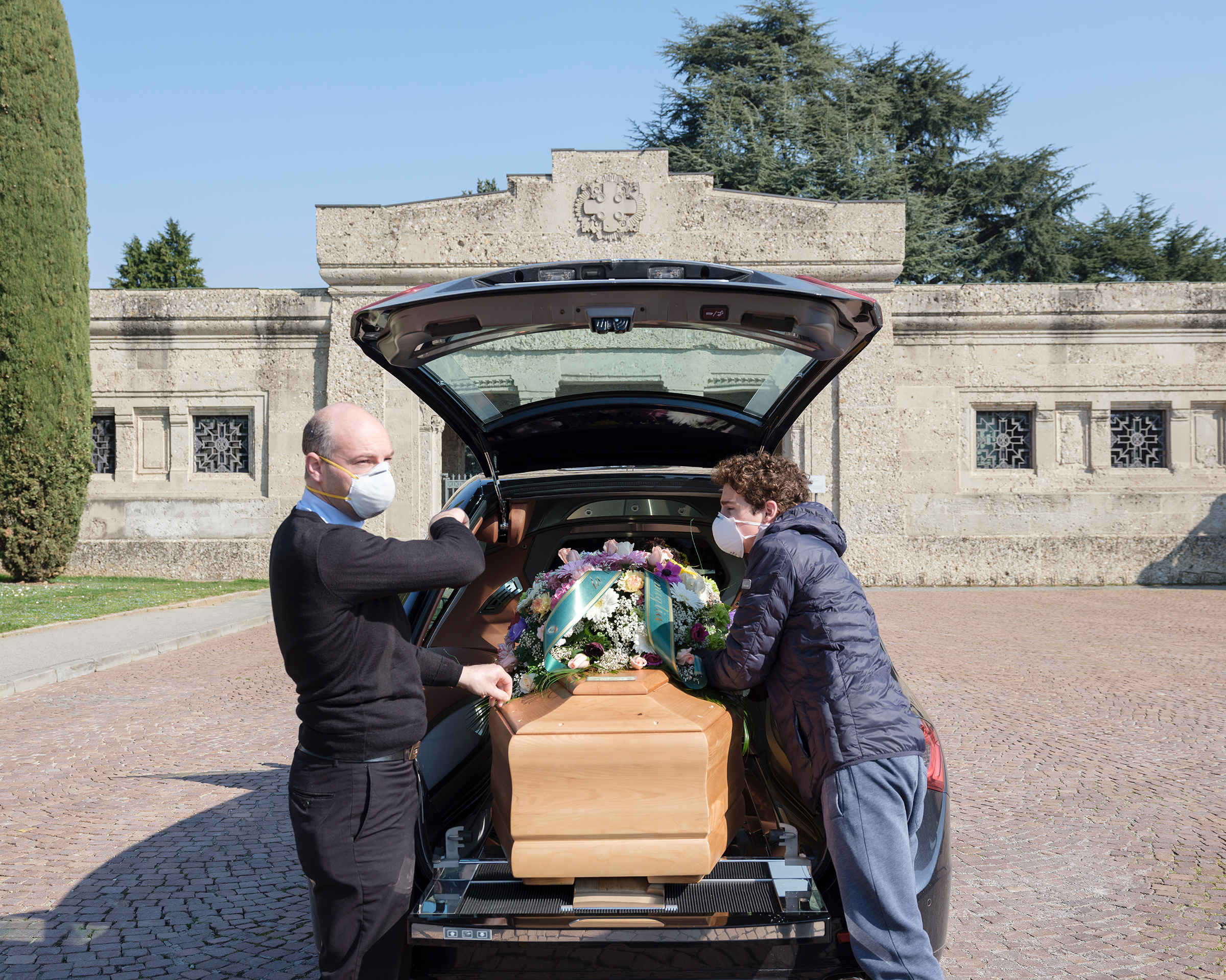
The purpose of this trip was to tell the story of how, in just a few weeks, Italy had become unrecognizable.
By the time I crossed the border into Lombardy on March 13, hundreds were dead. By mid-April, more than 20,000 people had lost their lives.
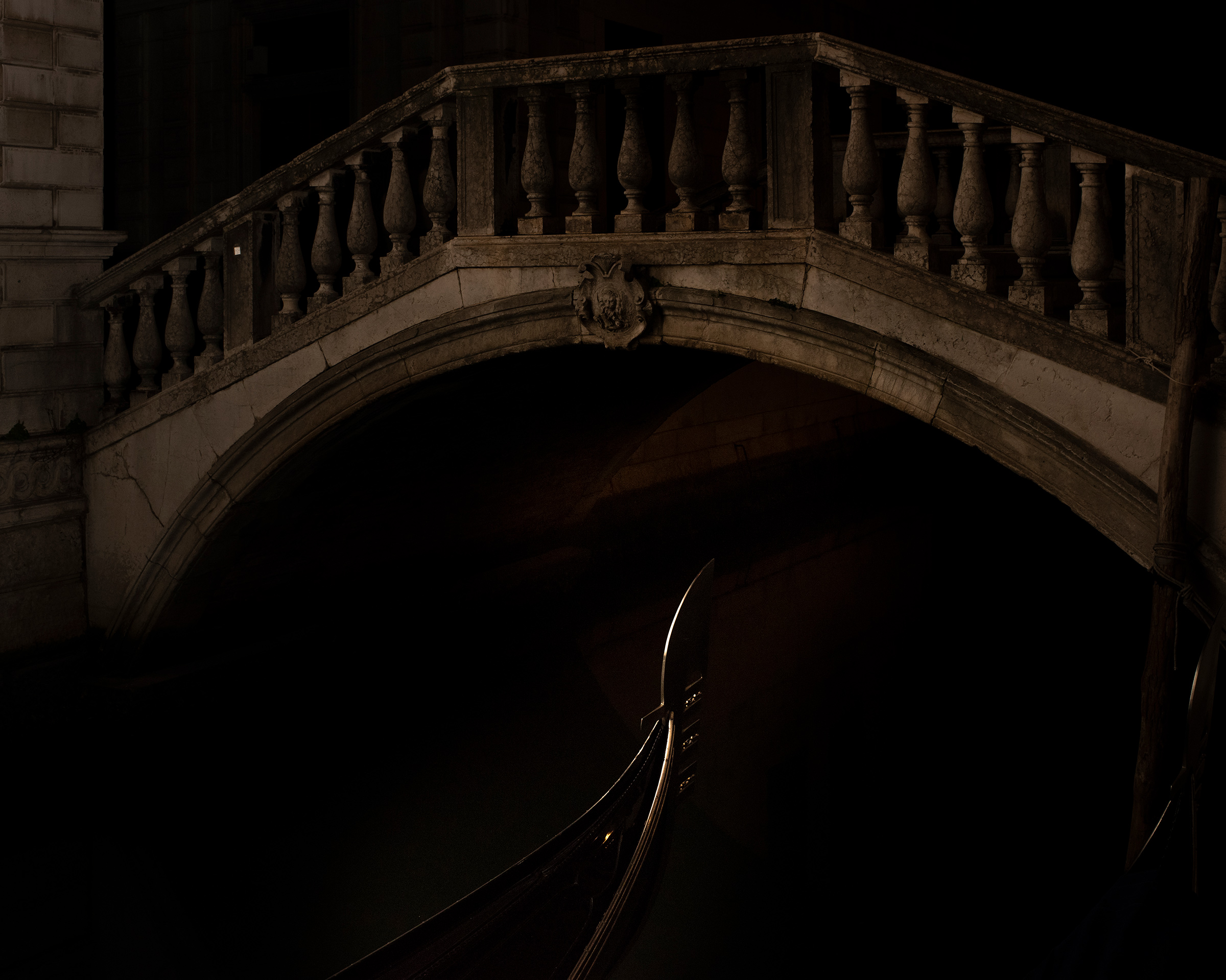
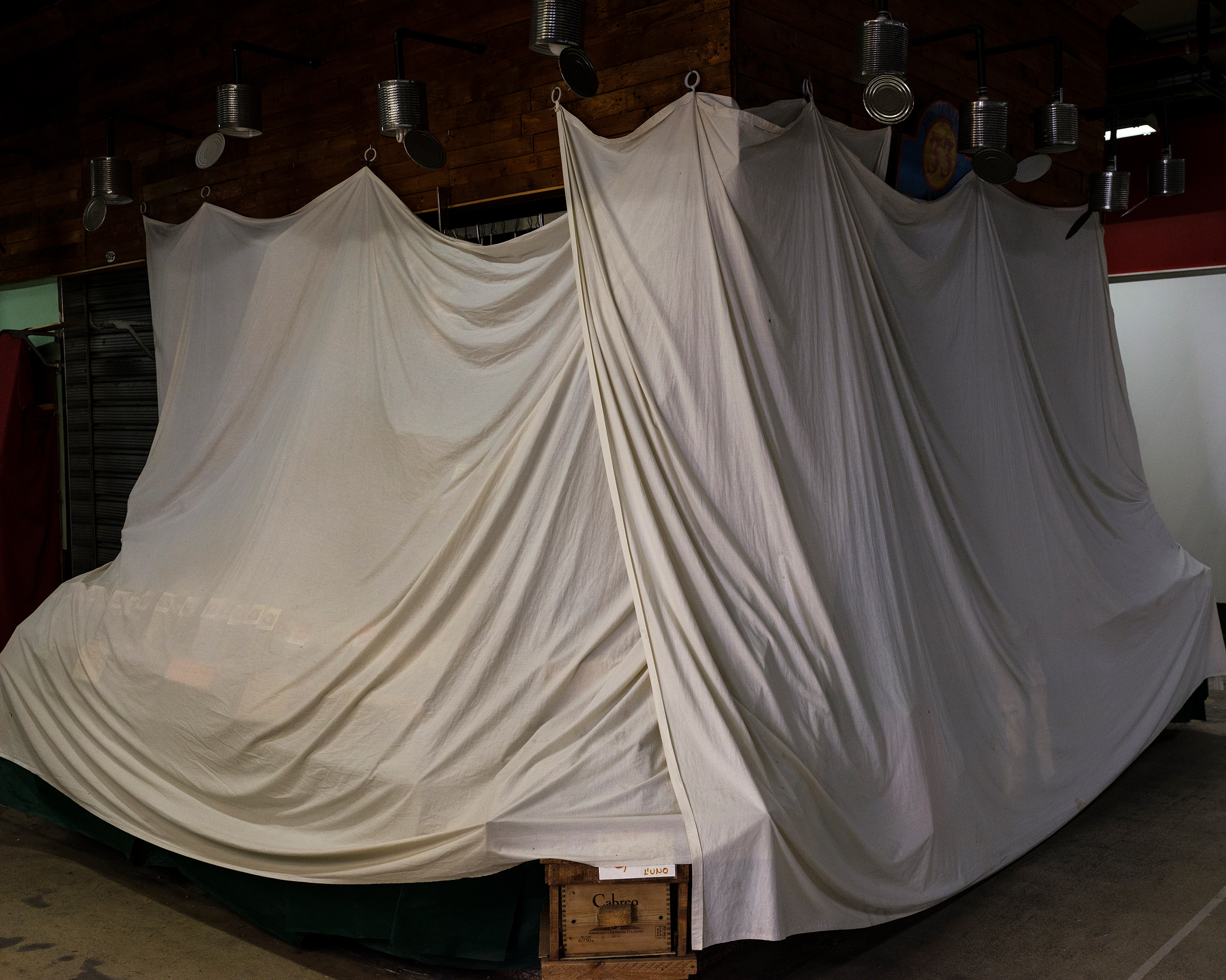
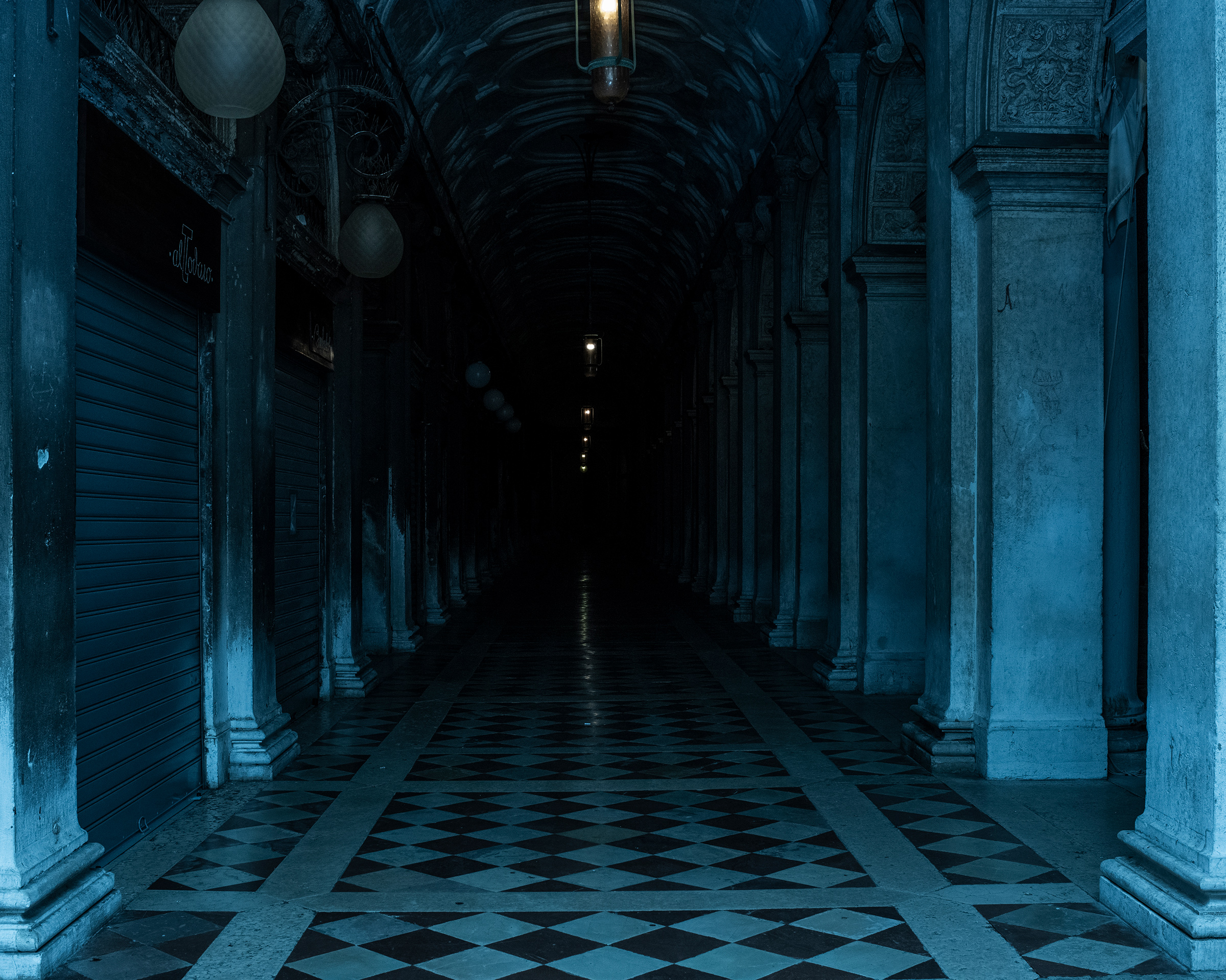
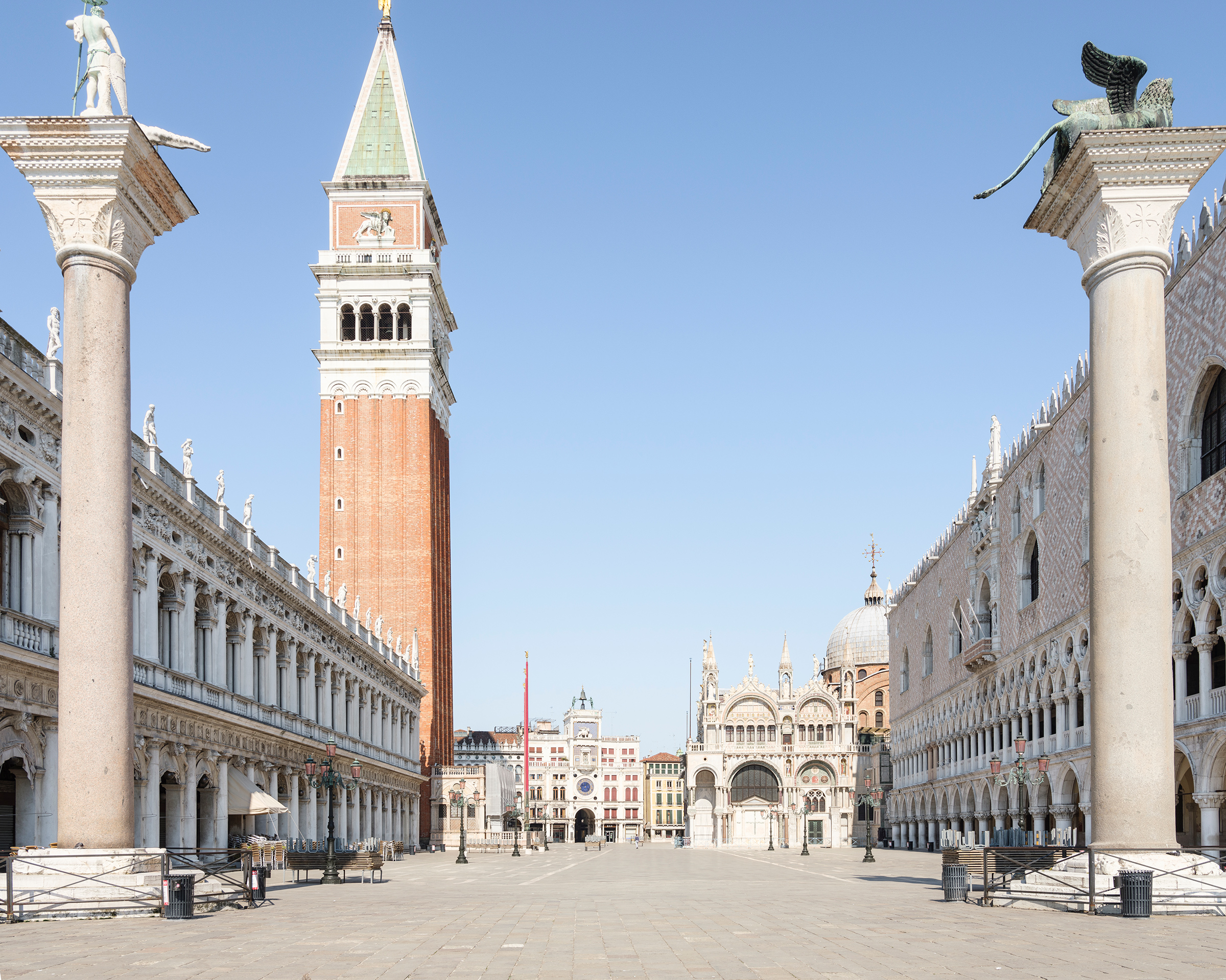
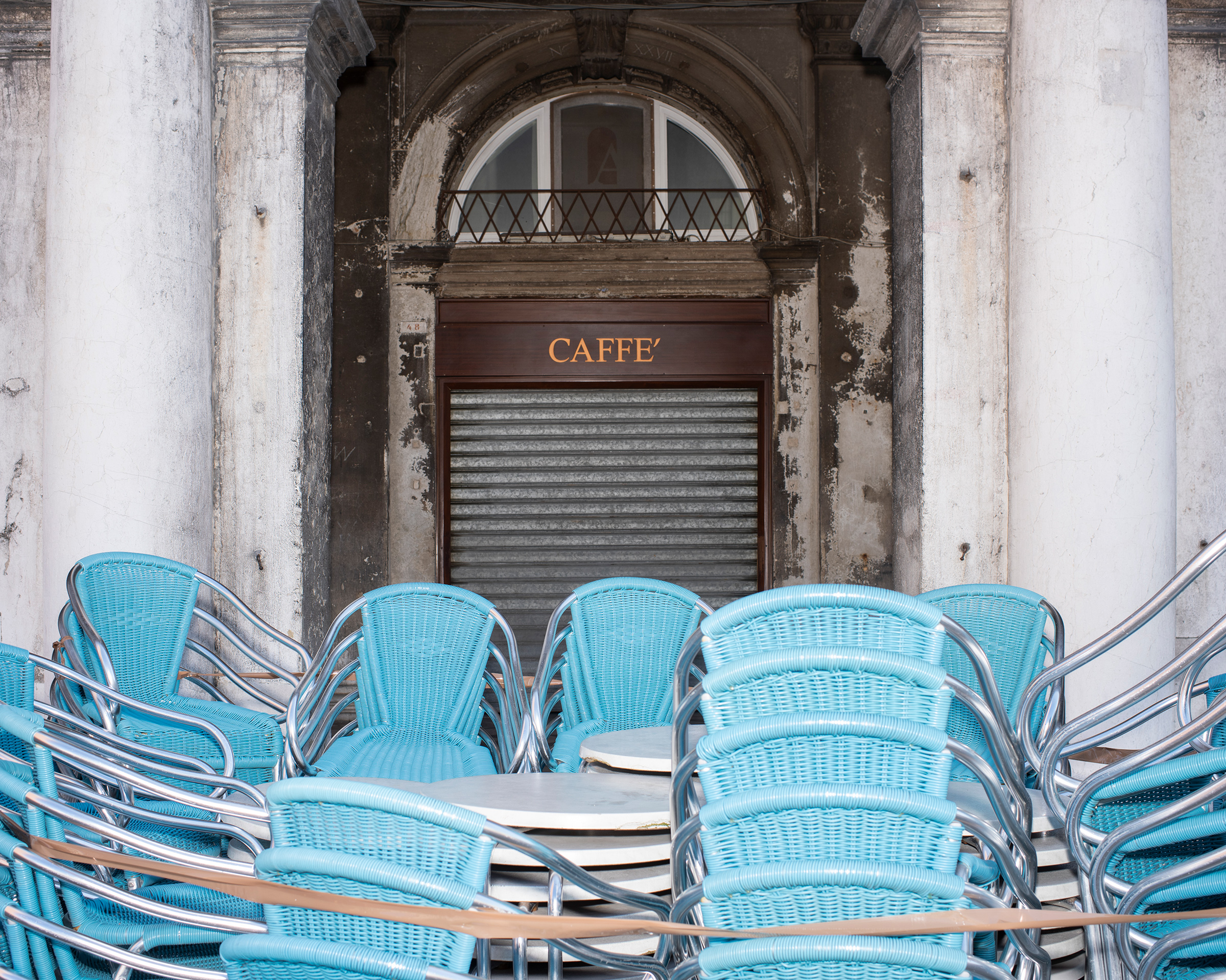
I visited towns ravaged by the virus, small and large. In Seriate, I saw coffins laid in rows on the floor of a chapel. In Nembro, a town of 11,000 where local volunteers told me more than 120 people had died by the time I visited, residents were making their own face masks in the back of a factory, then distributing them to others, free of charge.
In Ravenna and other places, I witnessed firsthand the bravery of our doctors and nurses, many of whom have sacrificed their lives to treat the unwell. I saw them sweat and toil, and I saw them cry for lost colleagues. Every day they work, it is a double shift.
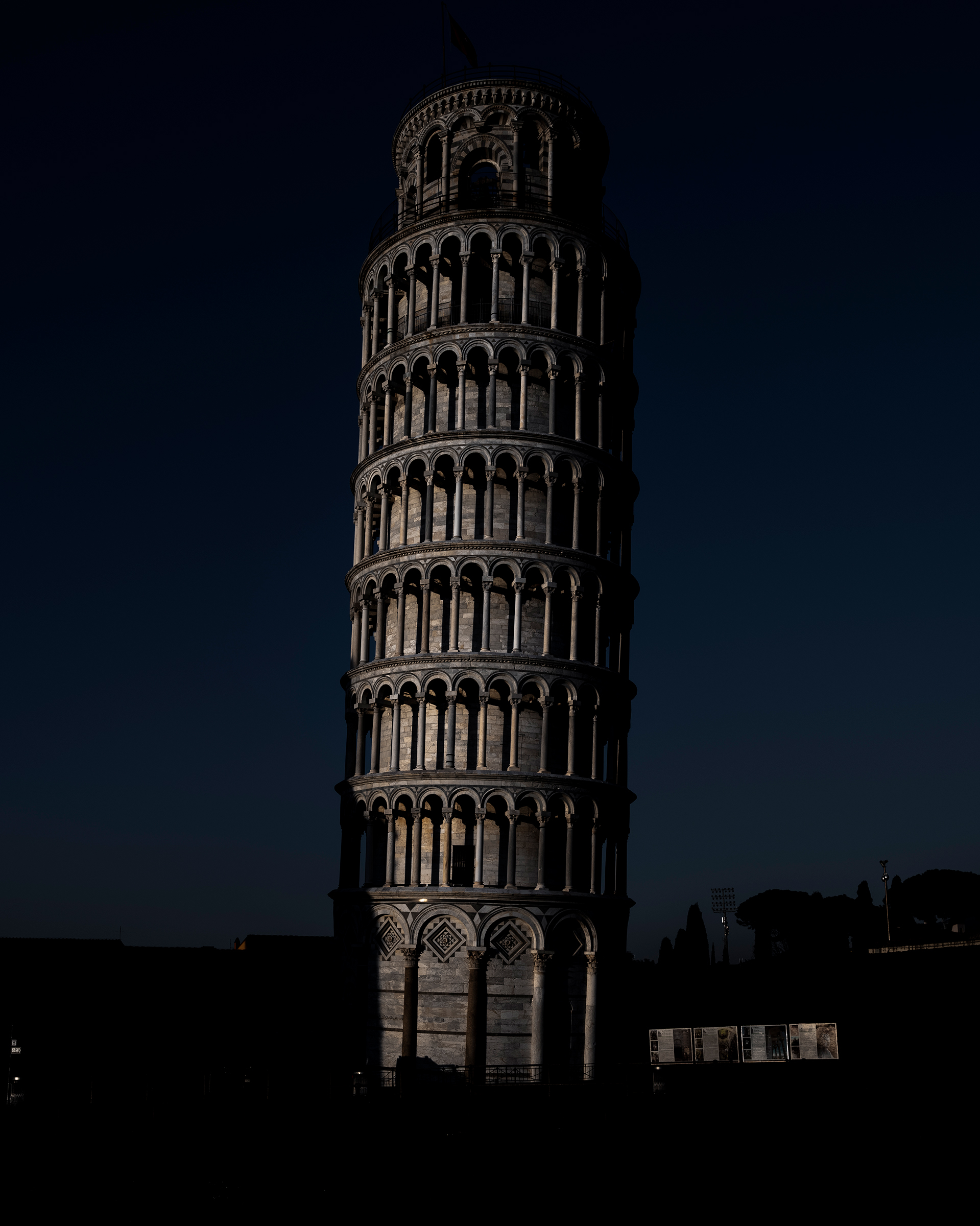
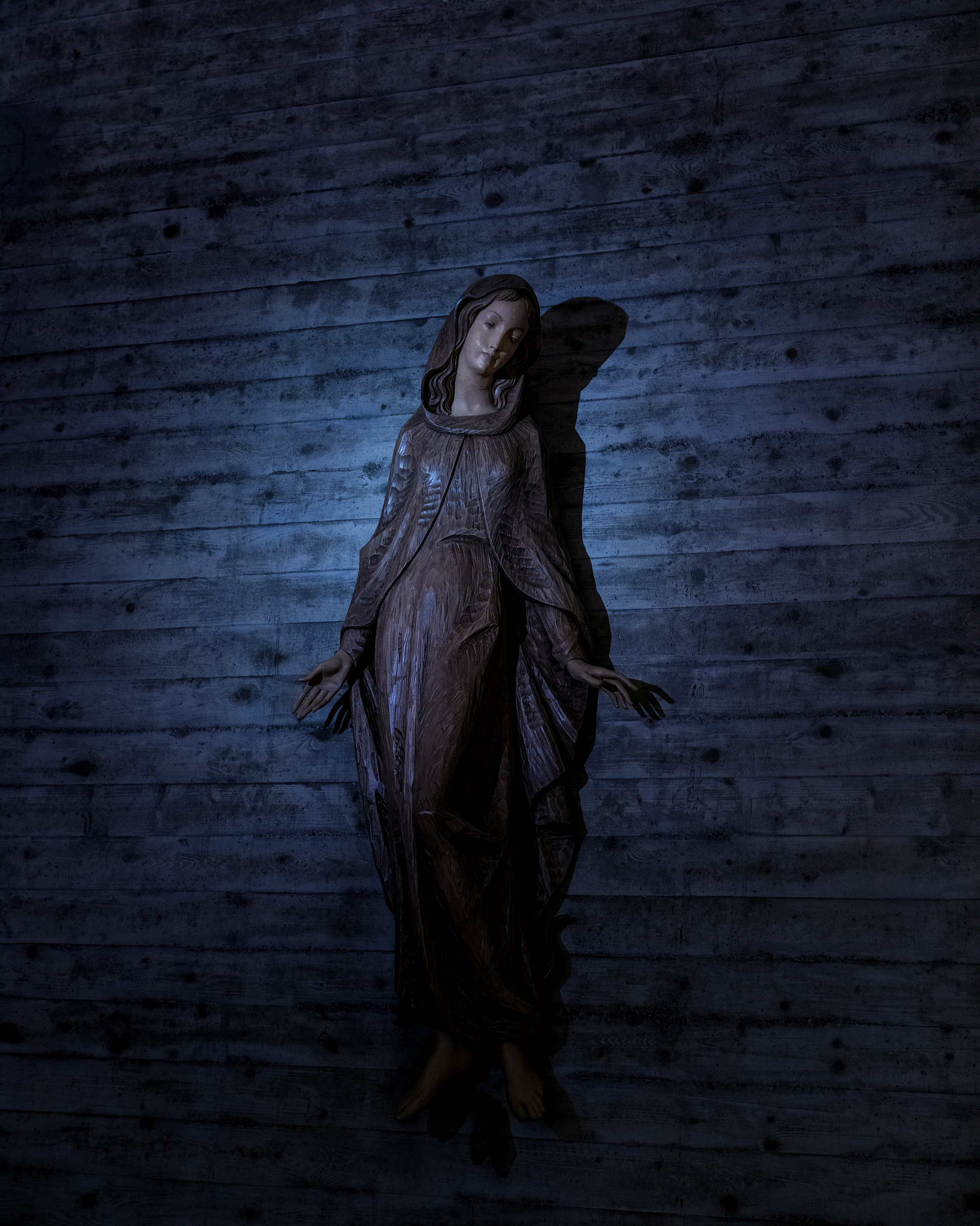
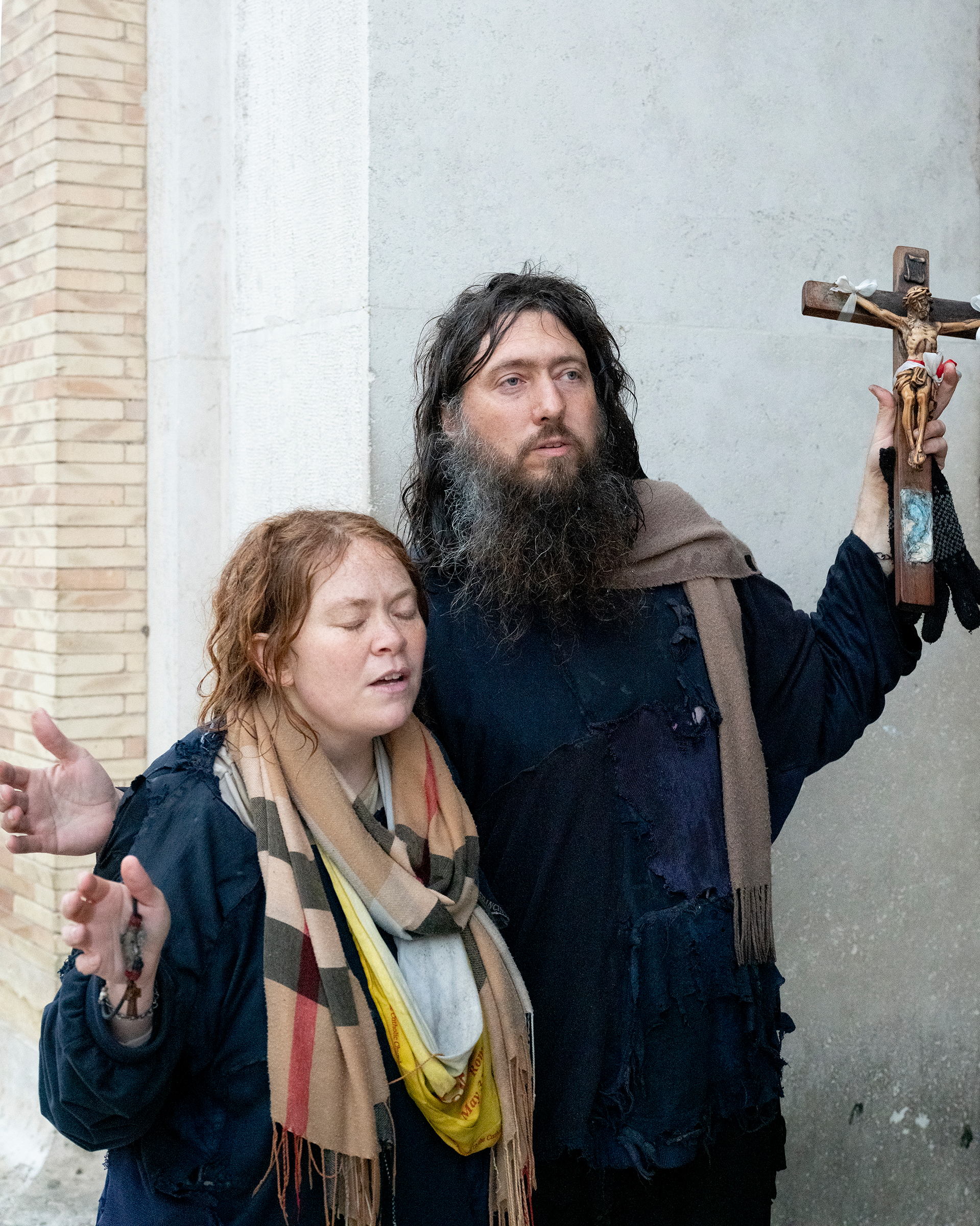
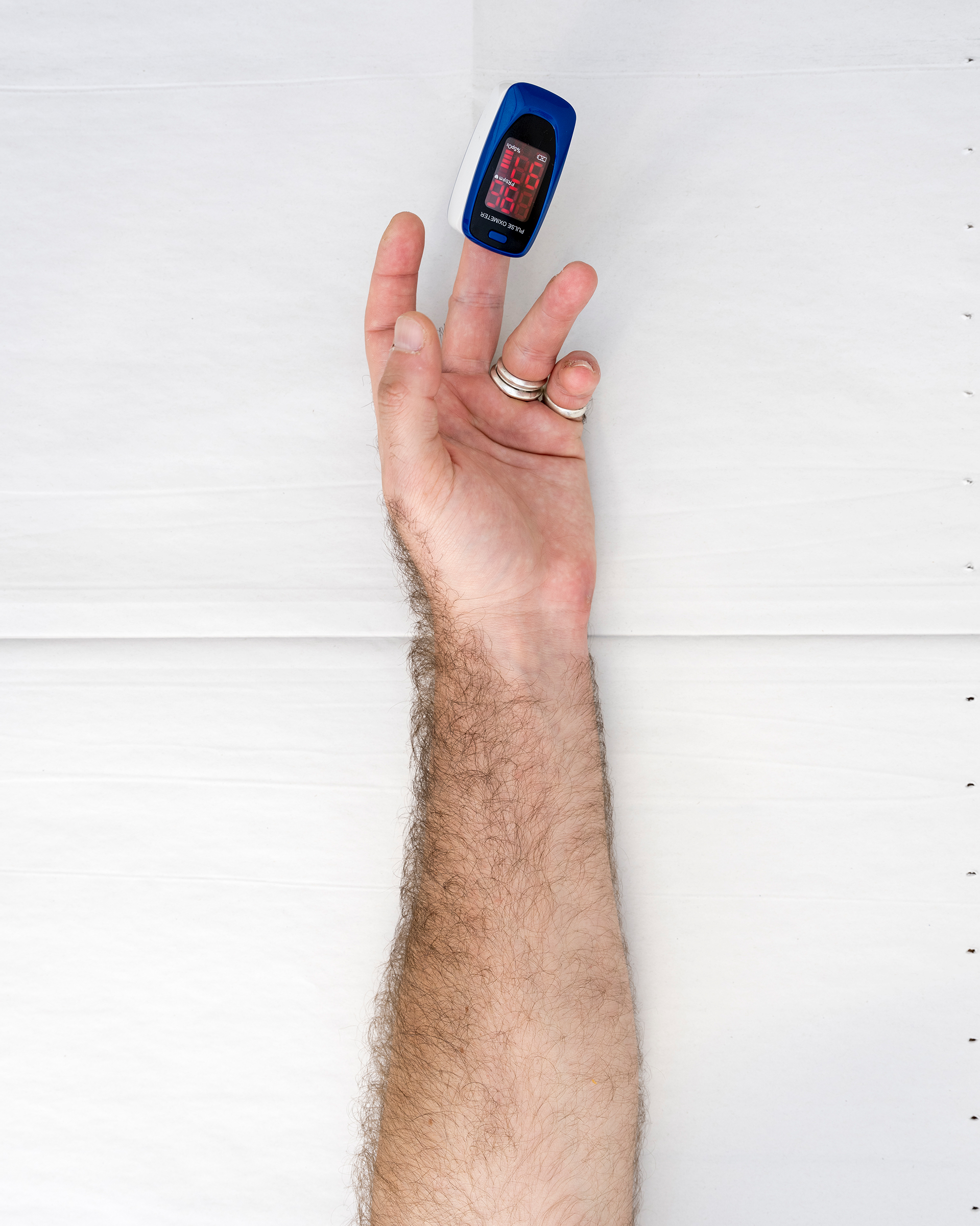
I also went to our busiest cities, to see how they had become semideserted shells of themselves. From the empty Piazza del Duomo in Milan to St. Mark’s Square in Venice, the lawn near the Leaning Tower of Pisa to the streets around the Colosseum in Rome, the throngs of tourists had disappeared.
Instead, you could see police, the armed forces, traffic wardens, various Italian ambulances and hearses, coming and going steadily.
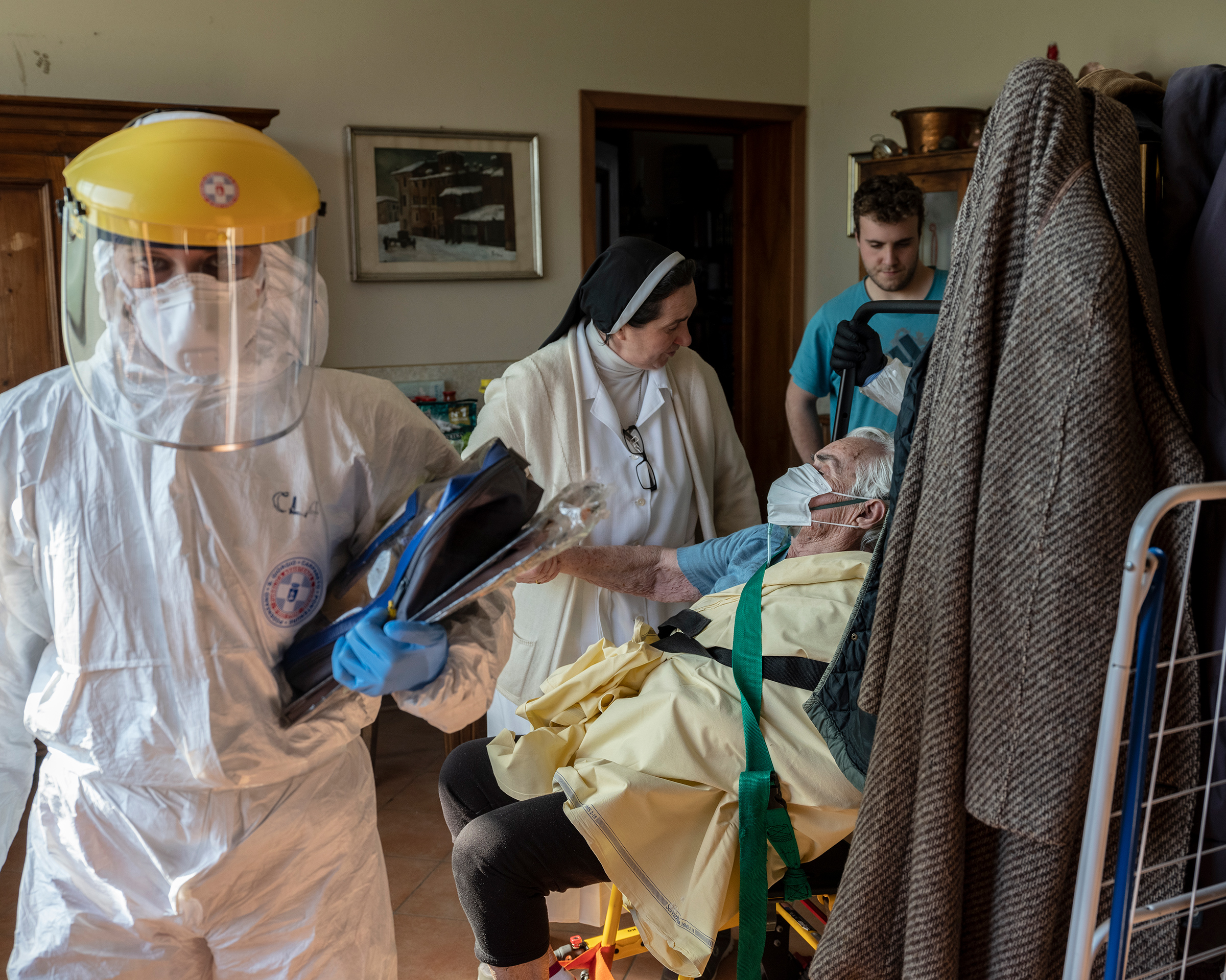
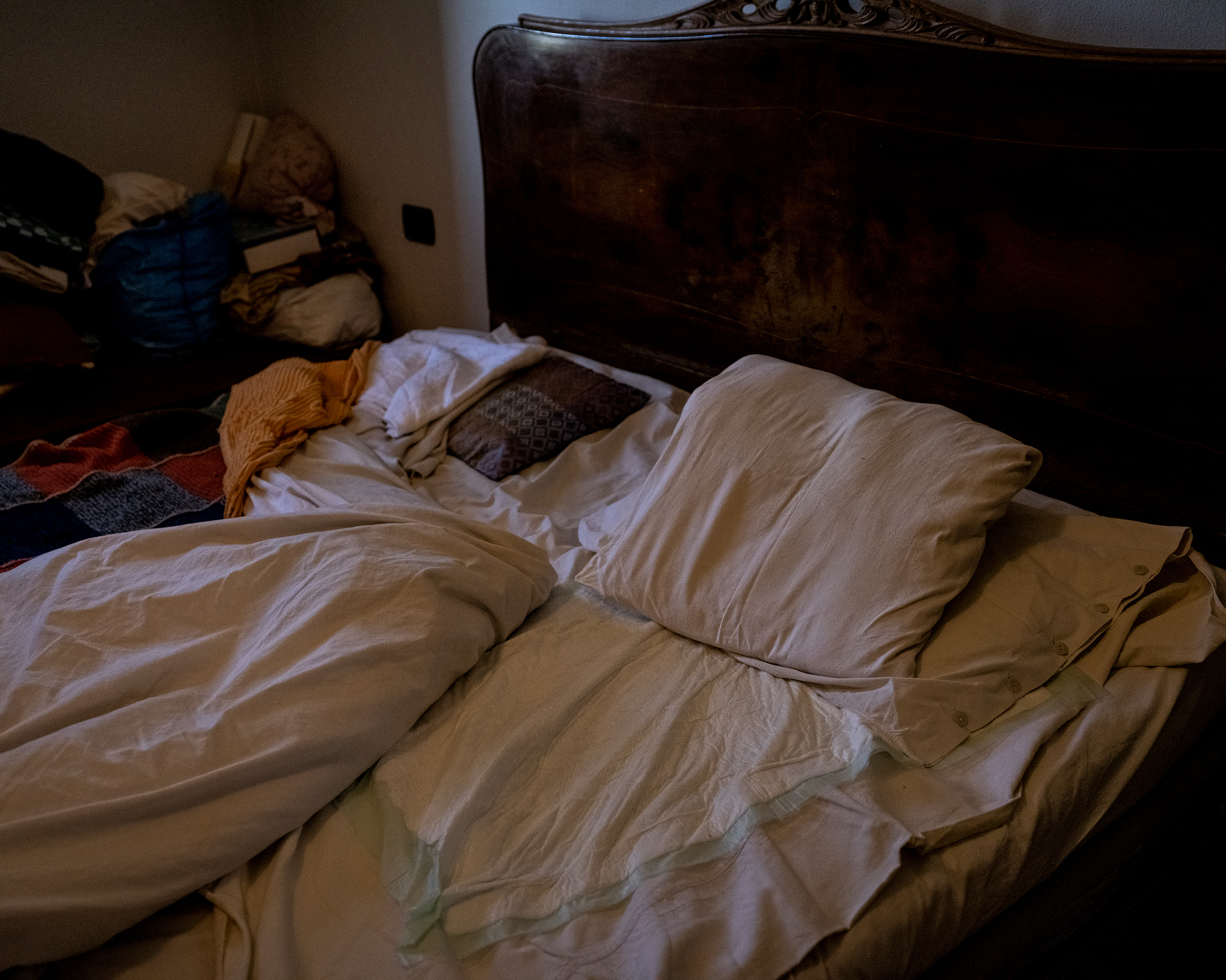
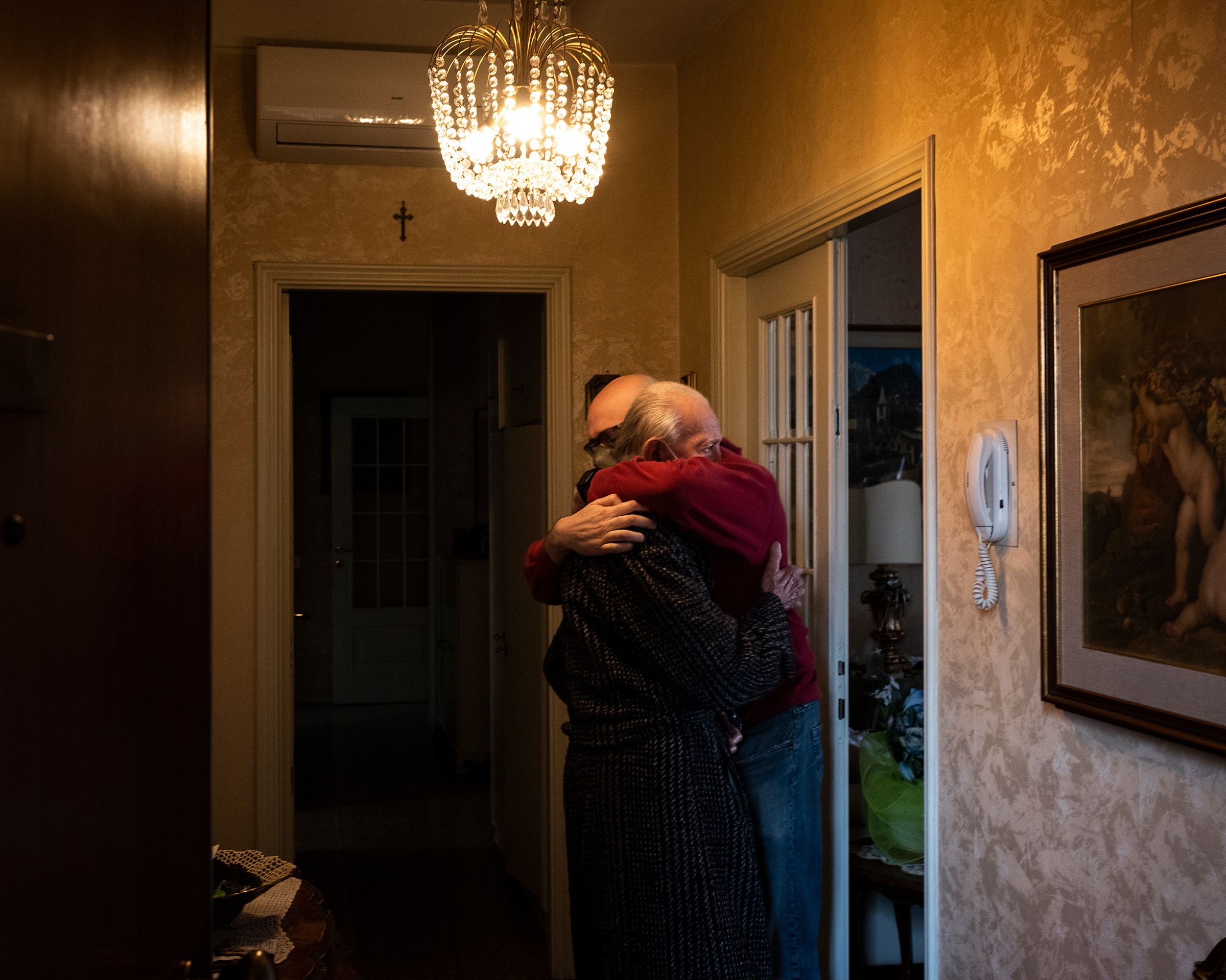
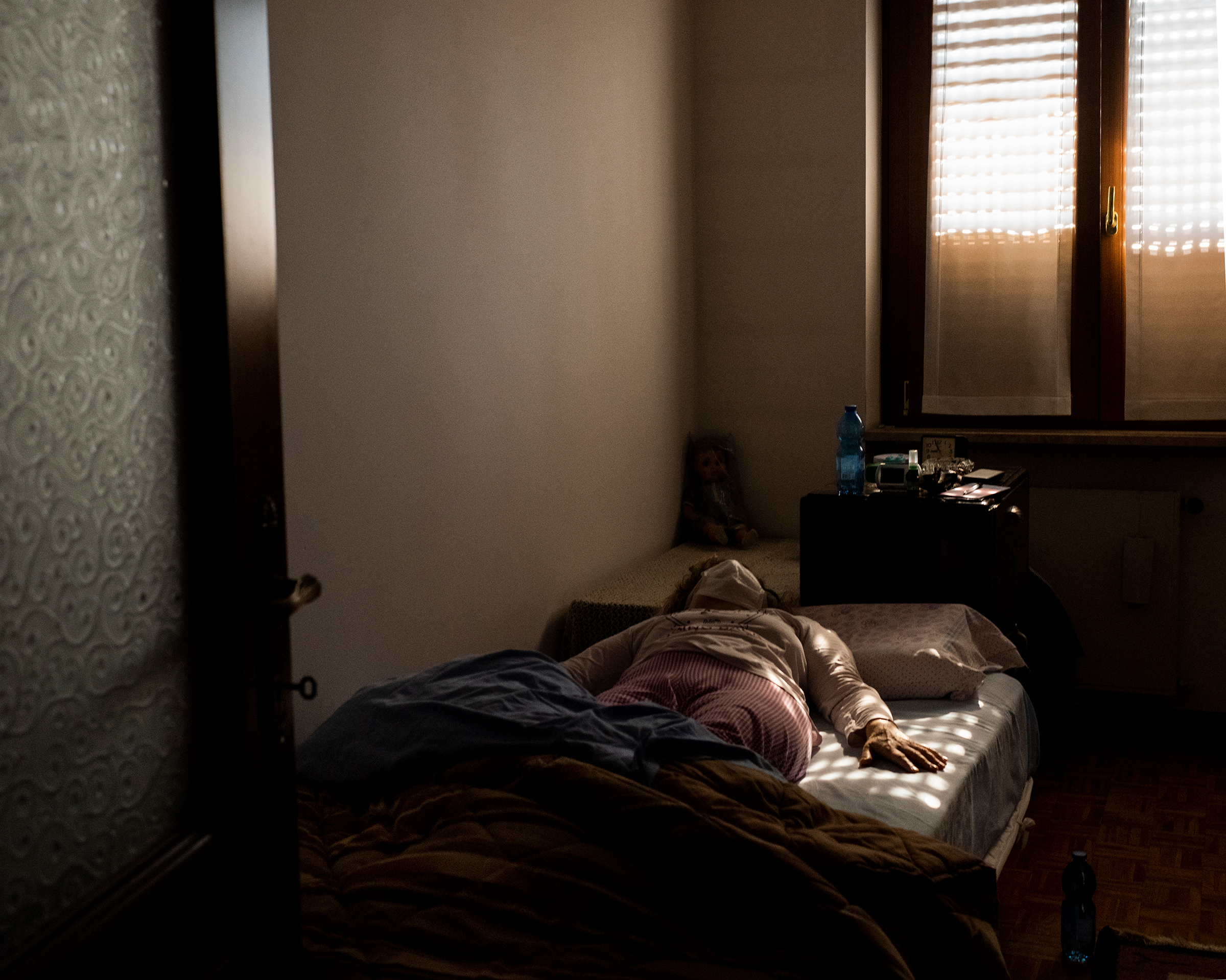
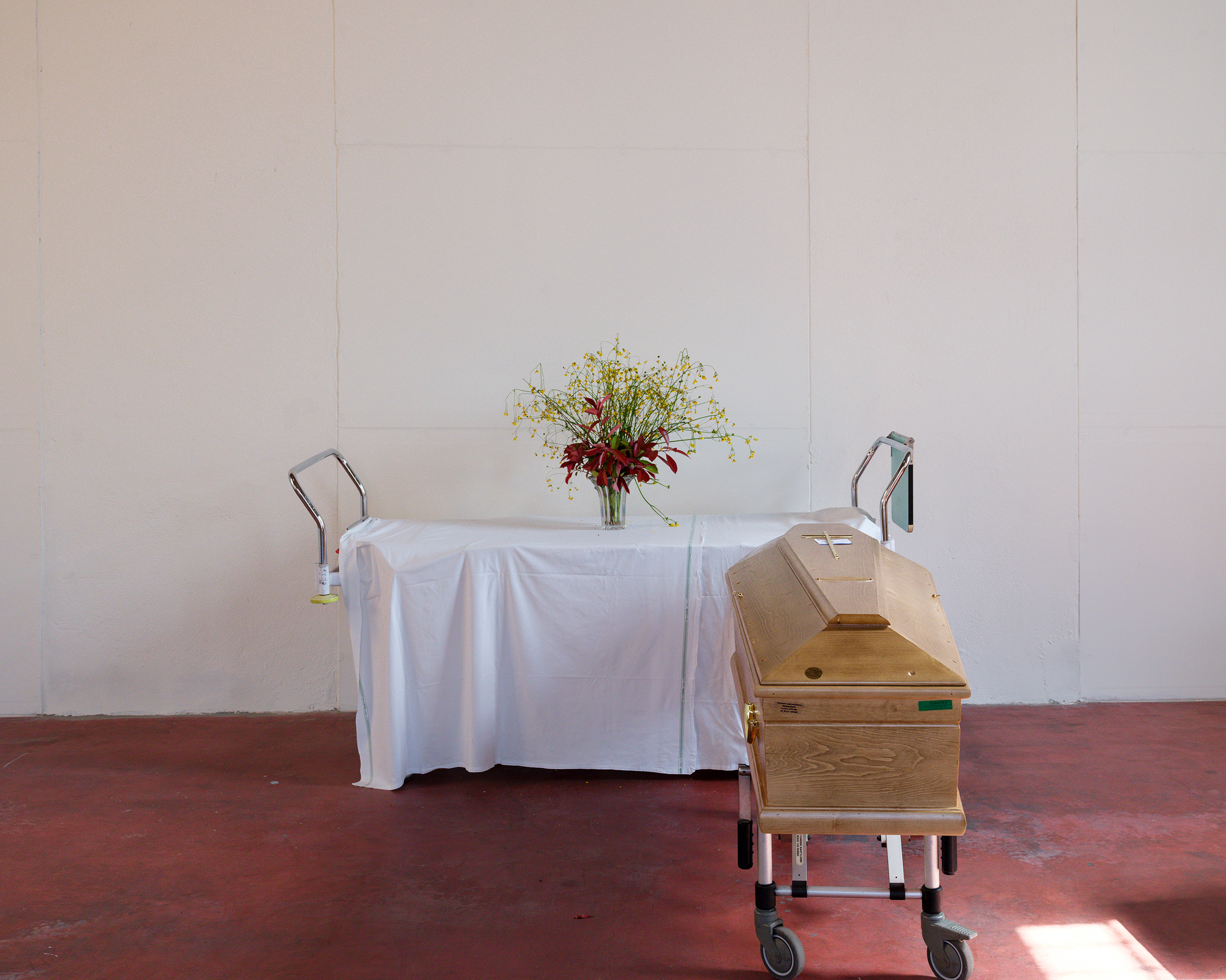
The silence in the city squares scared me. For Italians, la piazza symbolizes our culture and our social life. It’s where we go to be together. Now, there is no noise at all. How do you photograph silence?
I’ve heard this called a “war” — that we are in the “trenches,” and medical workers on the “front lines.” My friends from Syria, Libya, Iraq and Yemen ask how I am and how my family is doing — and not, for once, the other way round.
But to me, this is no war. There are no sides, and there is no alternative to victory. We will only overcome this virus if we do it together.
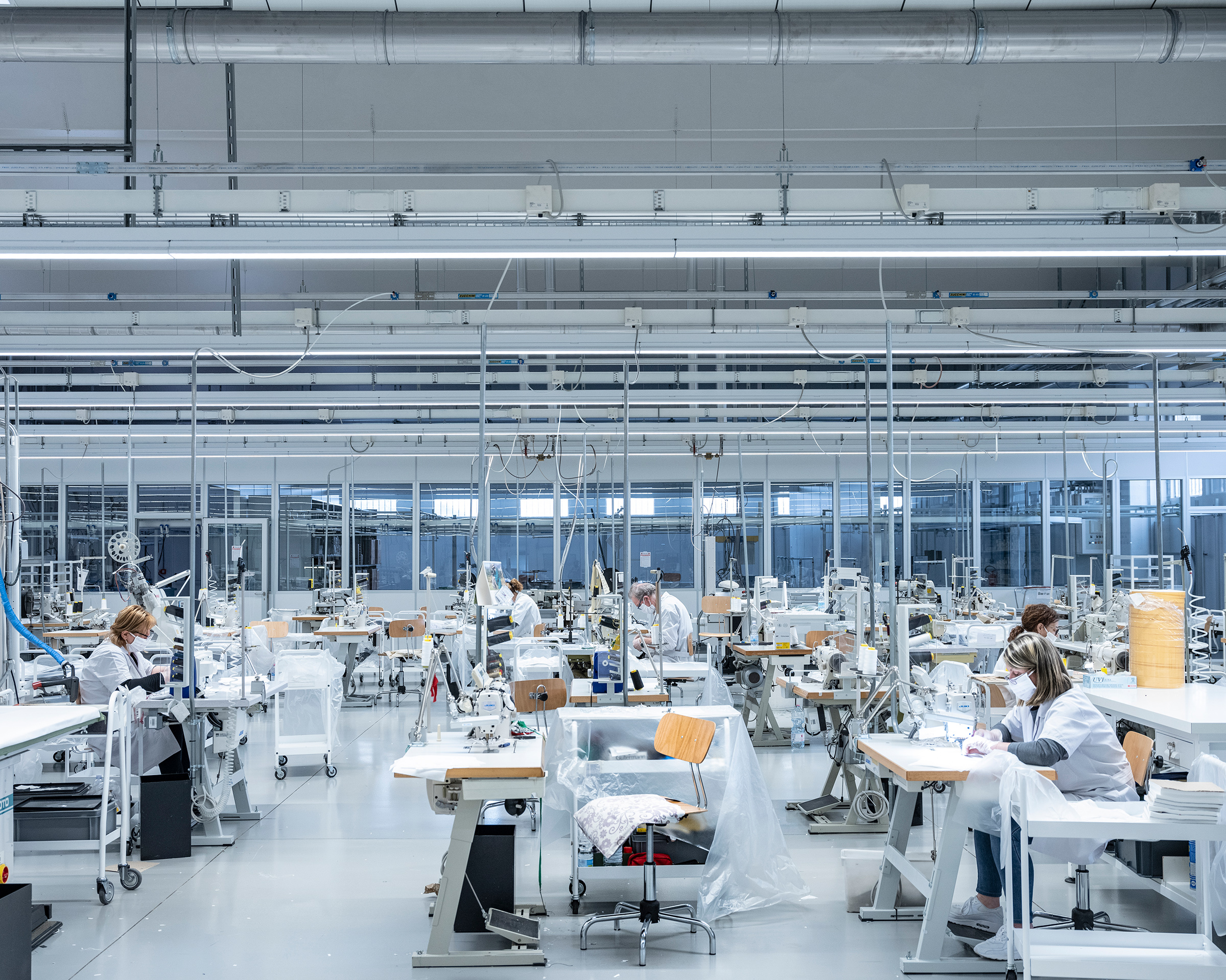
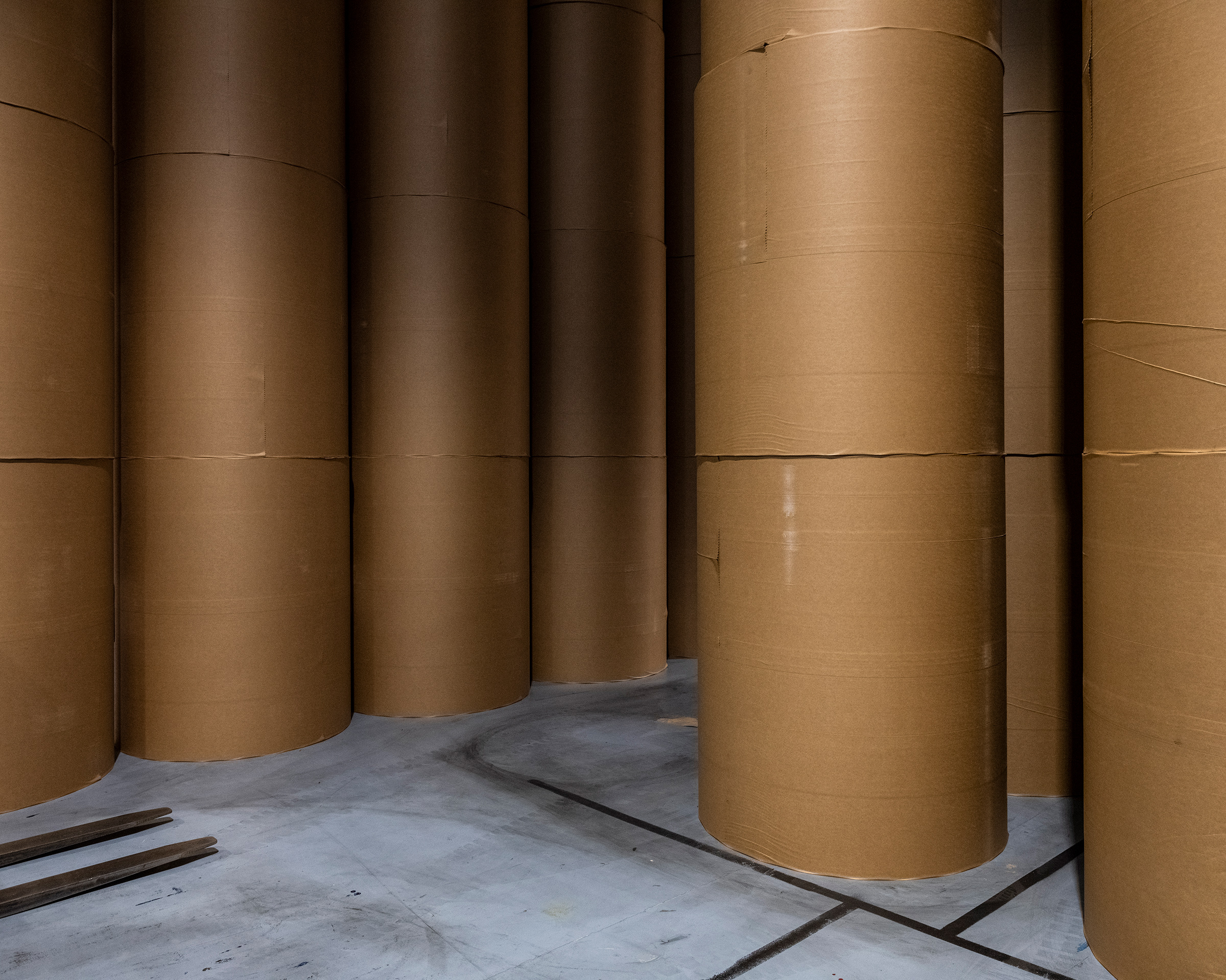
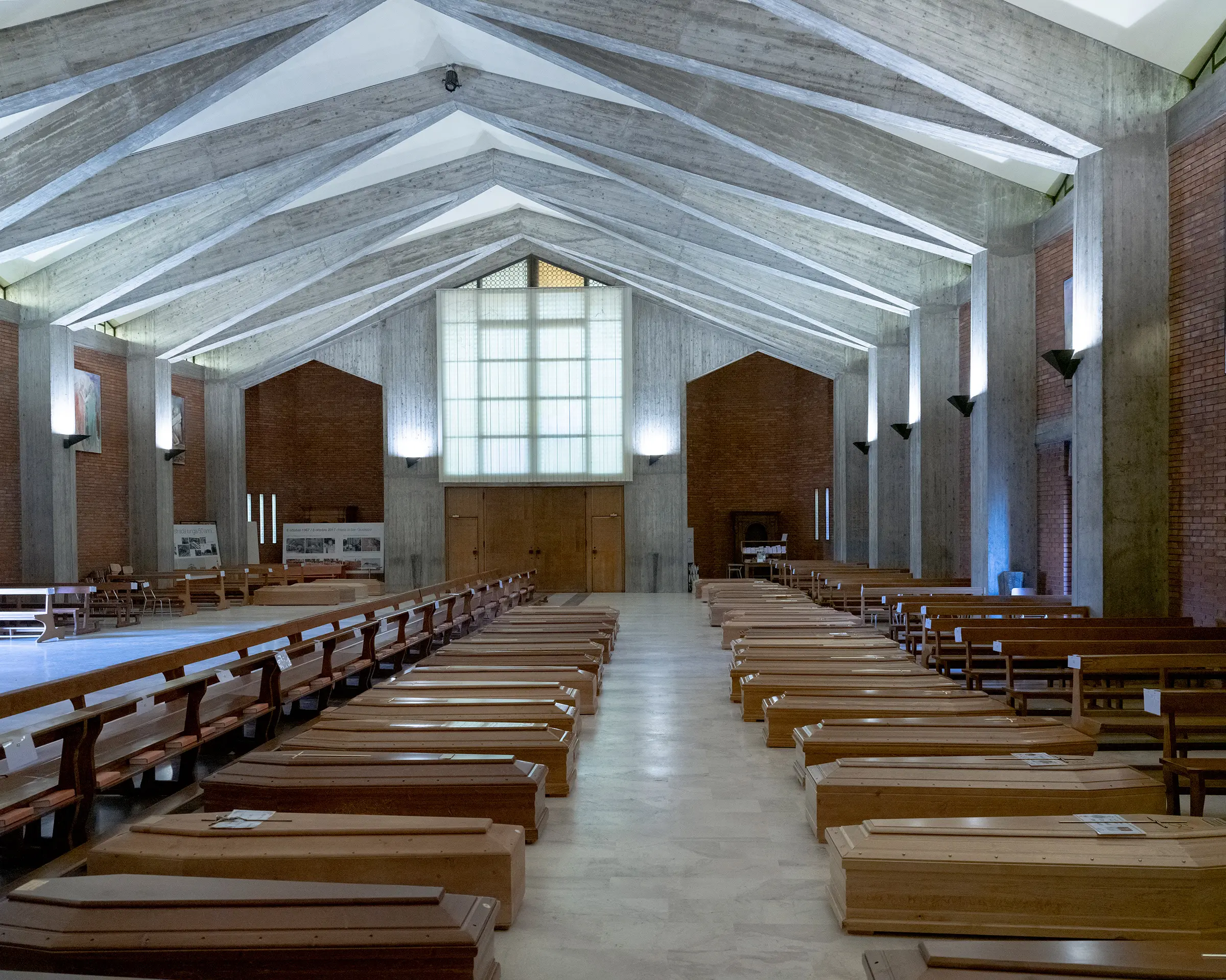
More Must-Reads from TIME
- Cybersecurity Experts Are Sounding the Alarm on DOGE
- Meet the 2025 Women of the Year
- The Harsh Truth About Disability Inclusion
- Why Do More Young Adults Have Cancer?
- Colman Domingo Leads With Radical Love
- How to Get Better at Doing Things Alone
- Michelle Zauner Stares Down the Darkness
Contact us at letters@time.com
